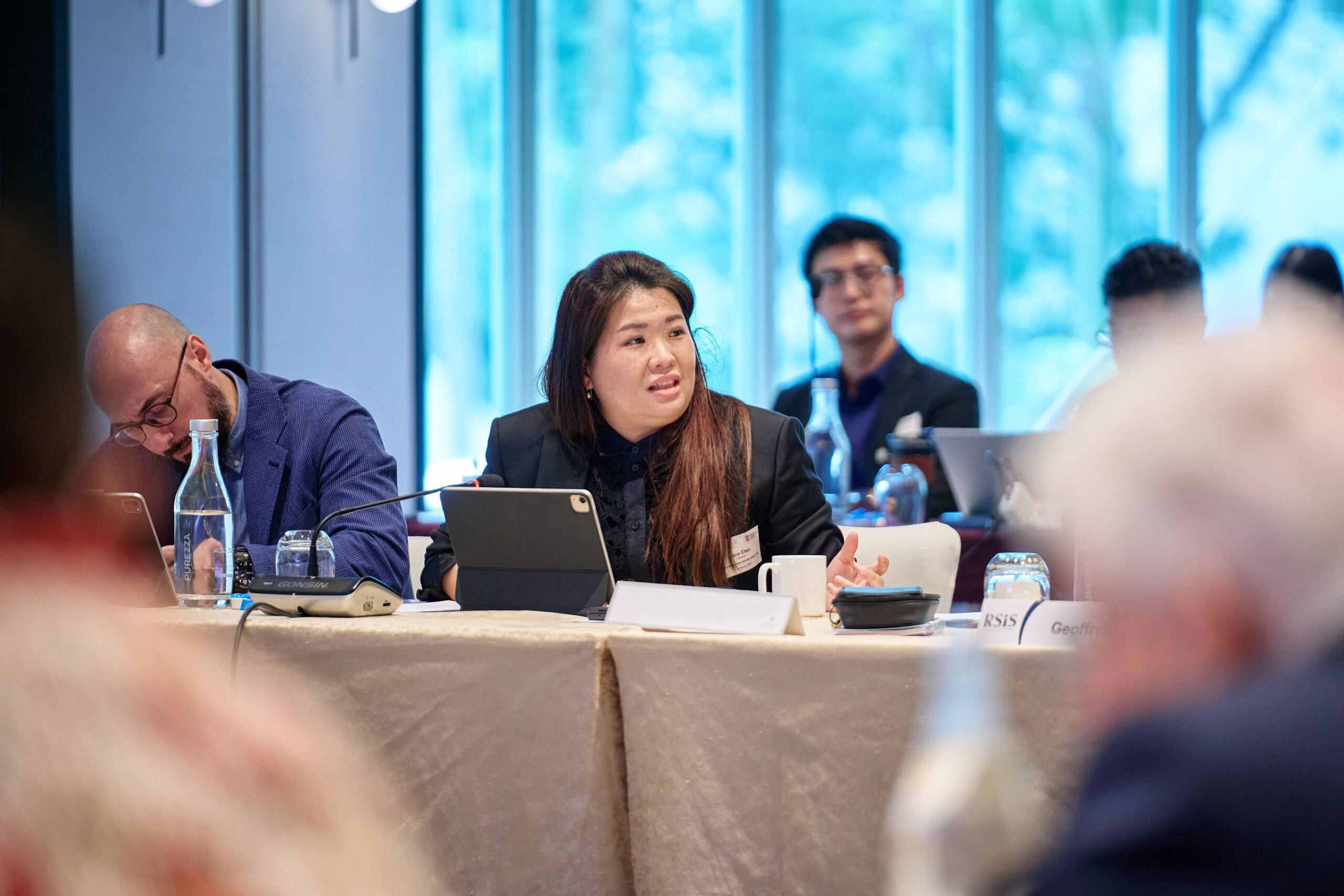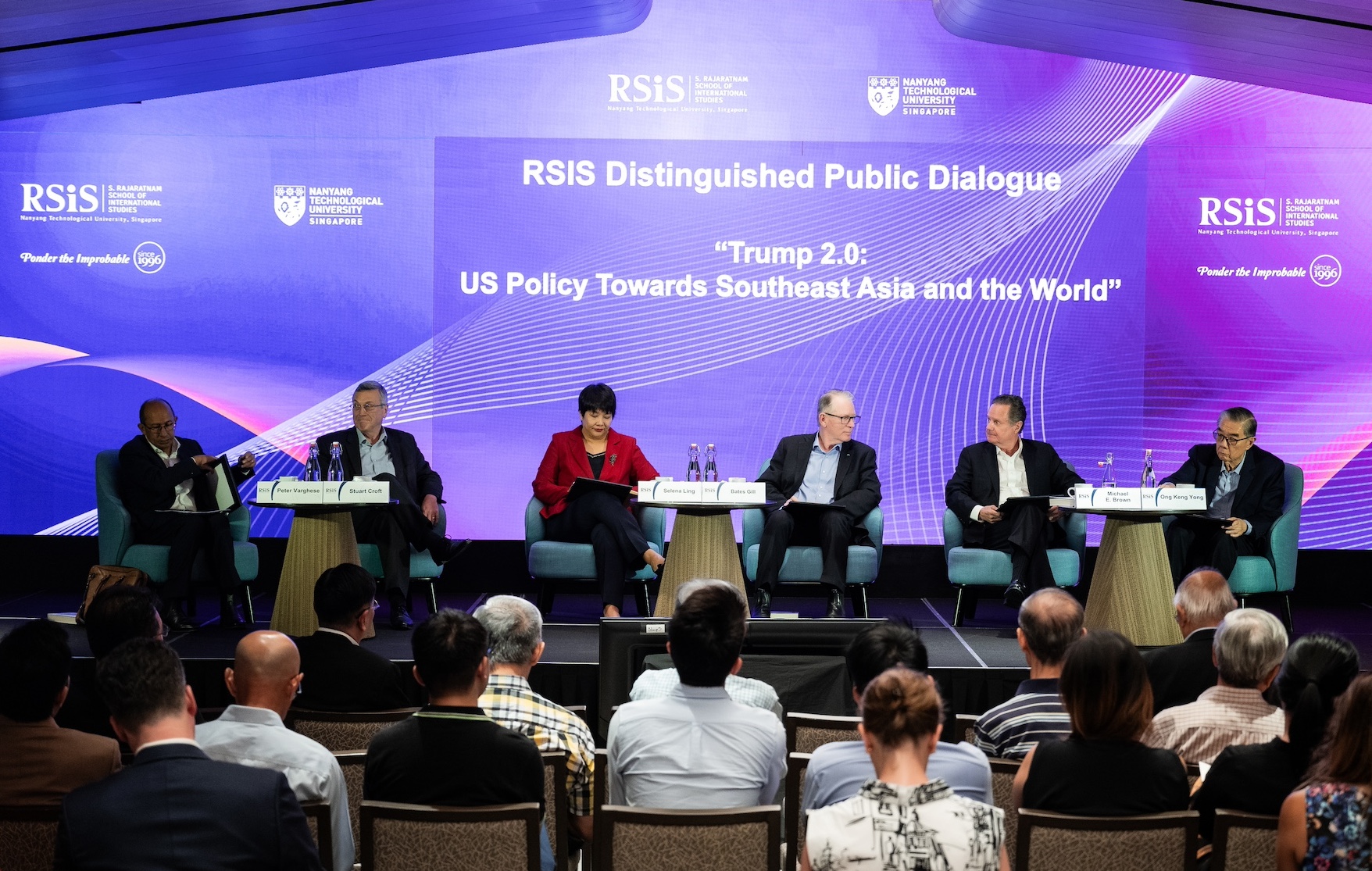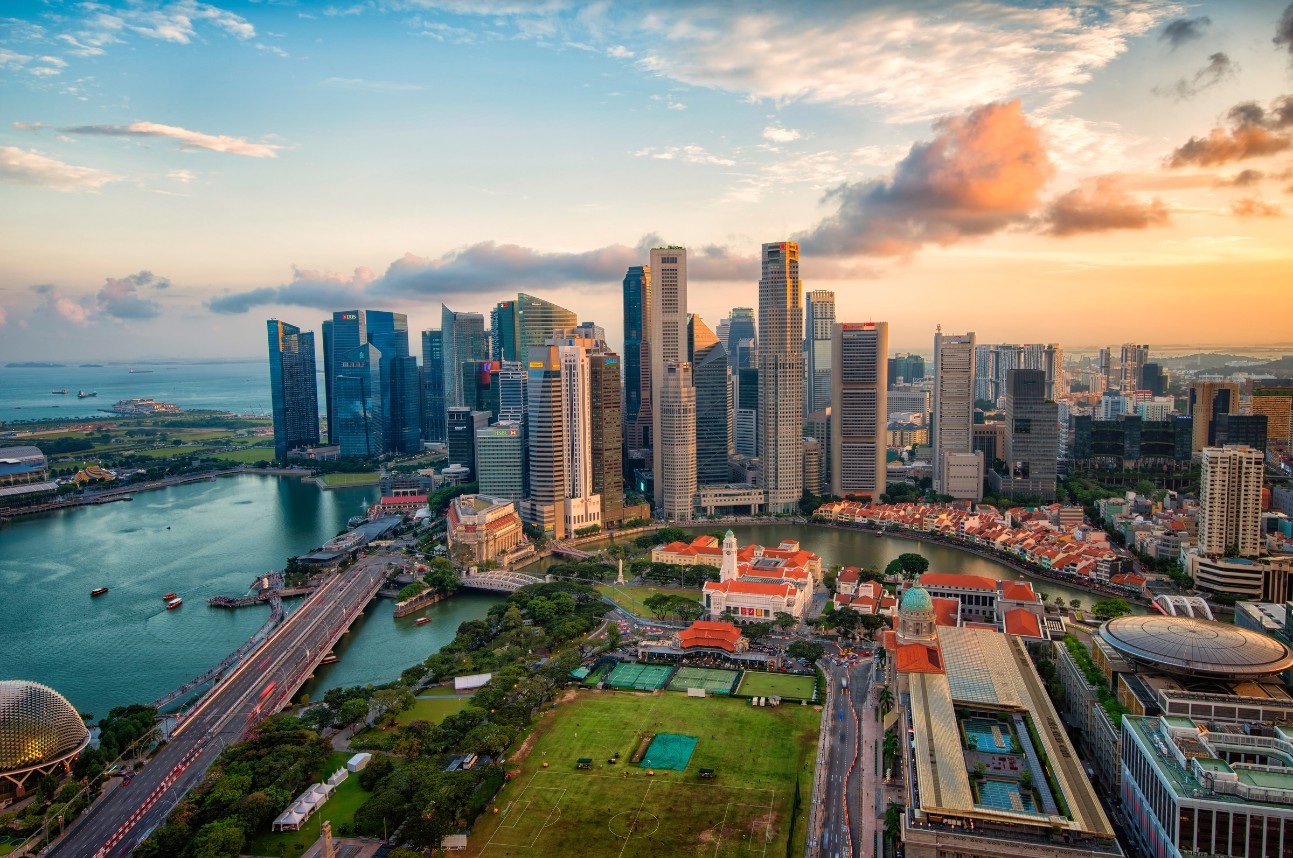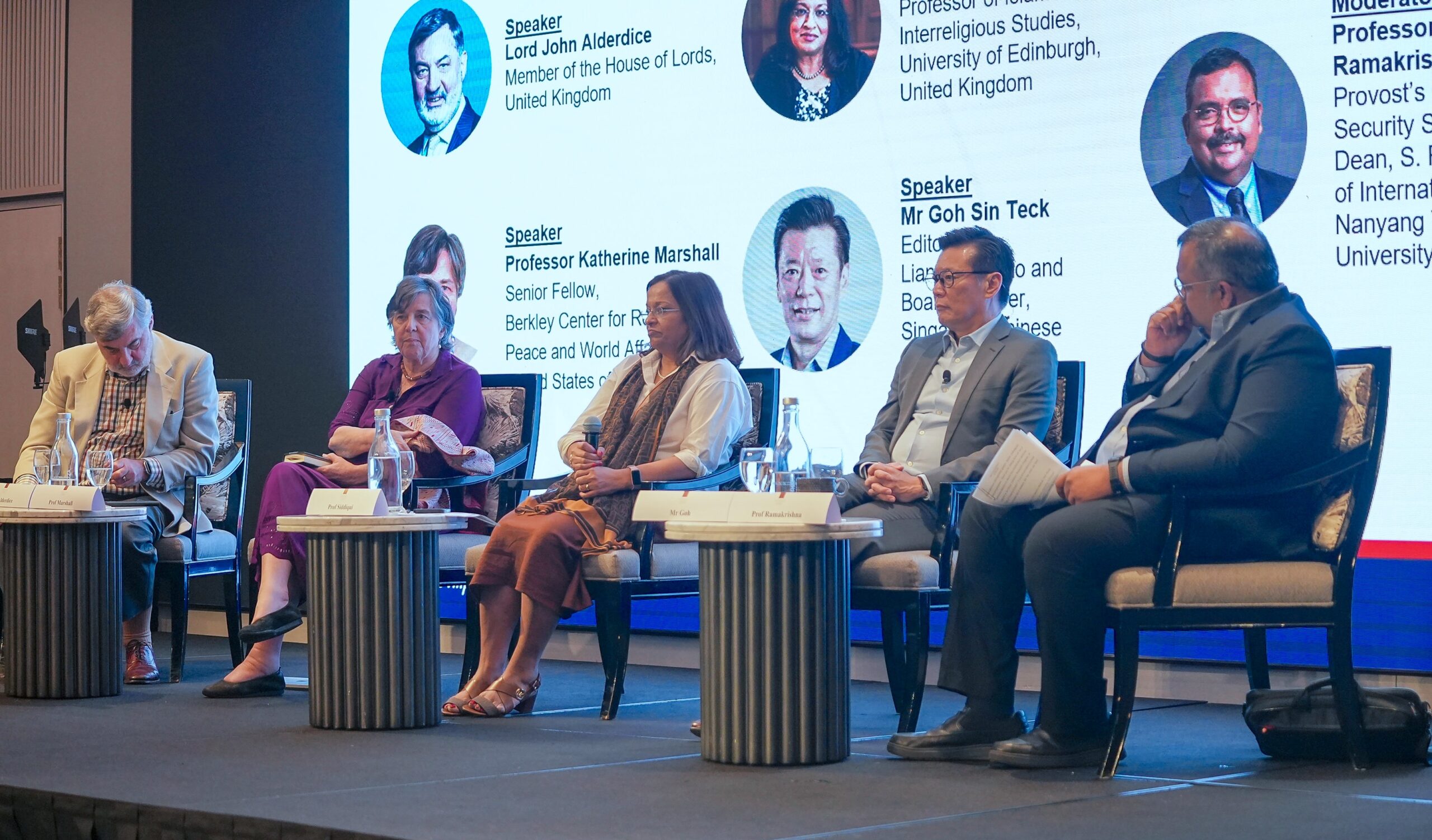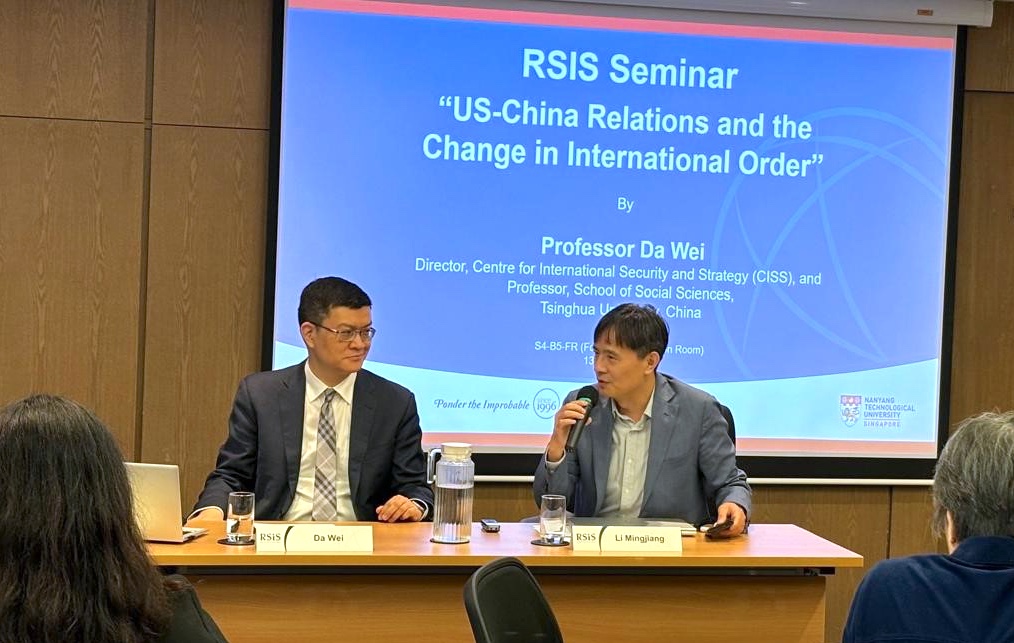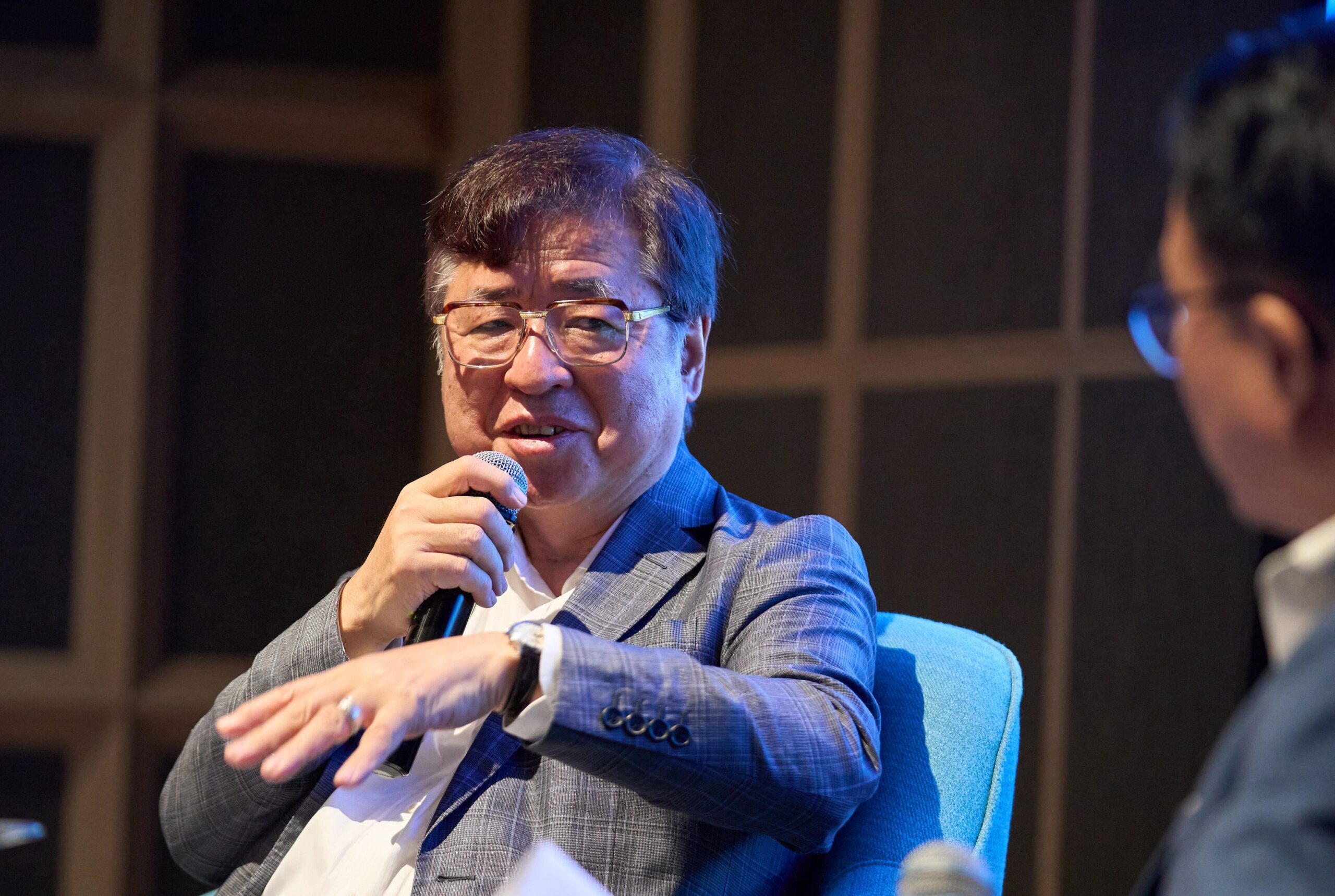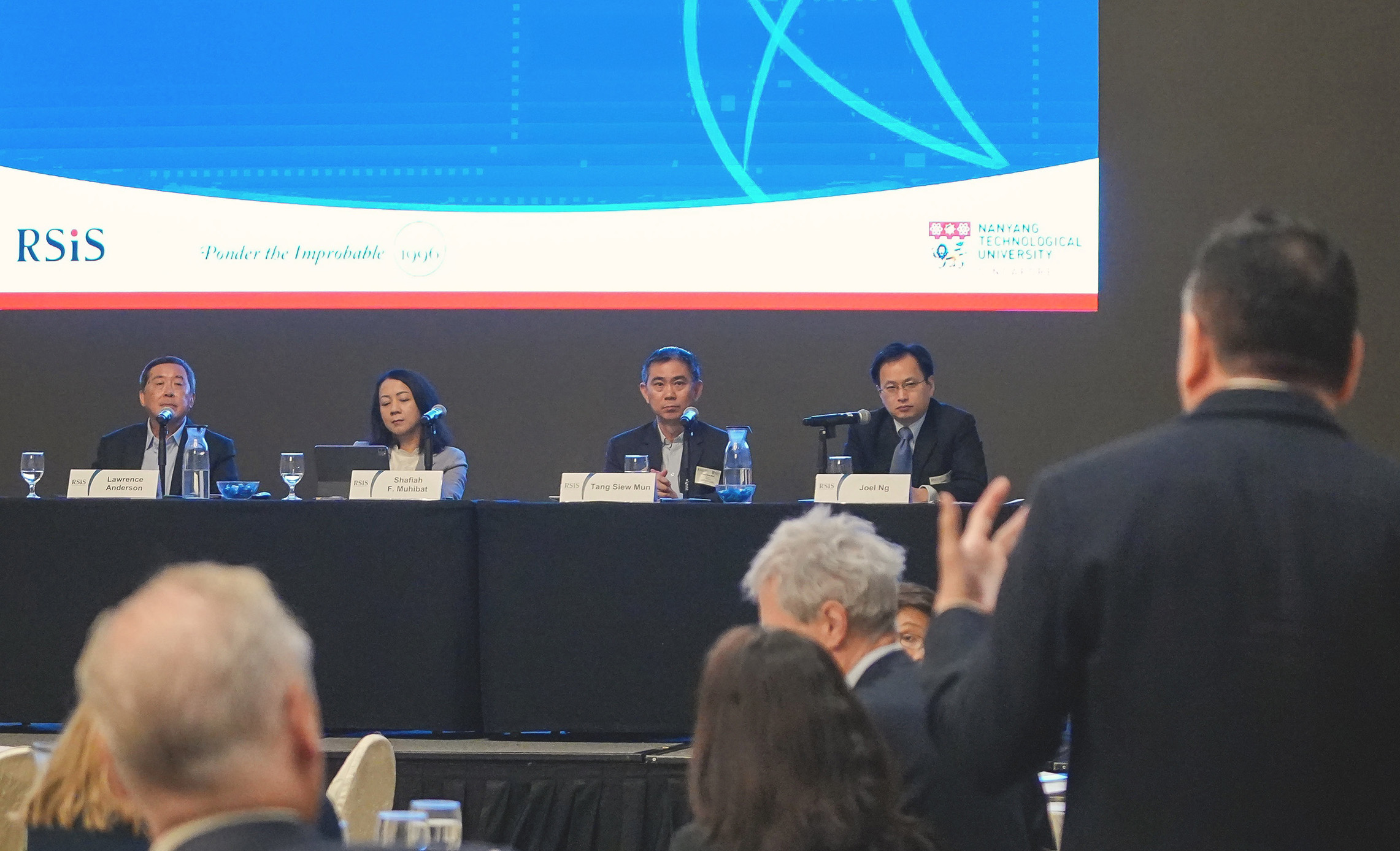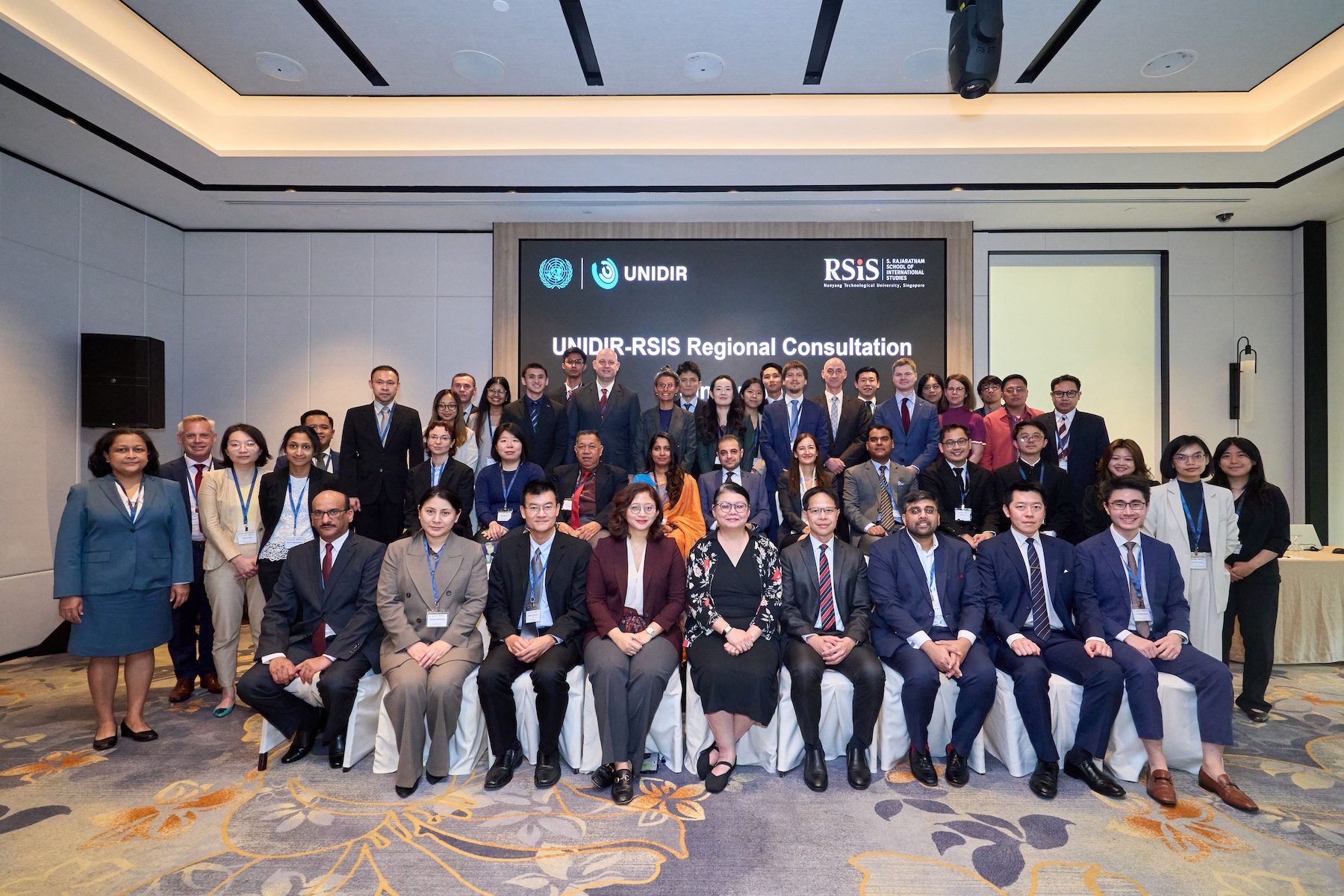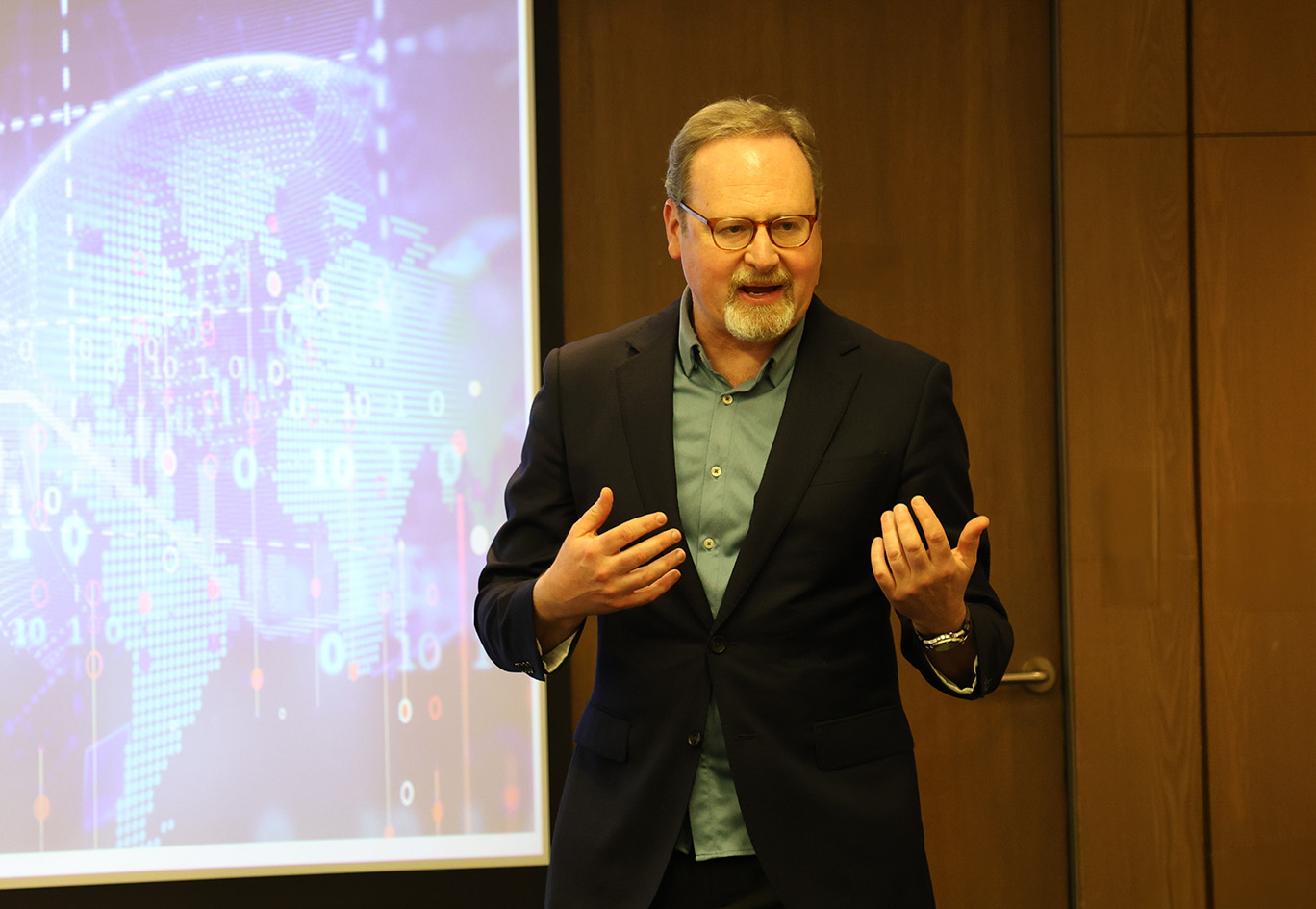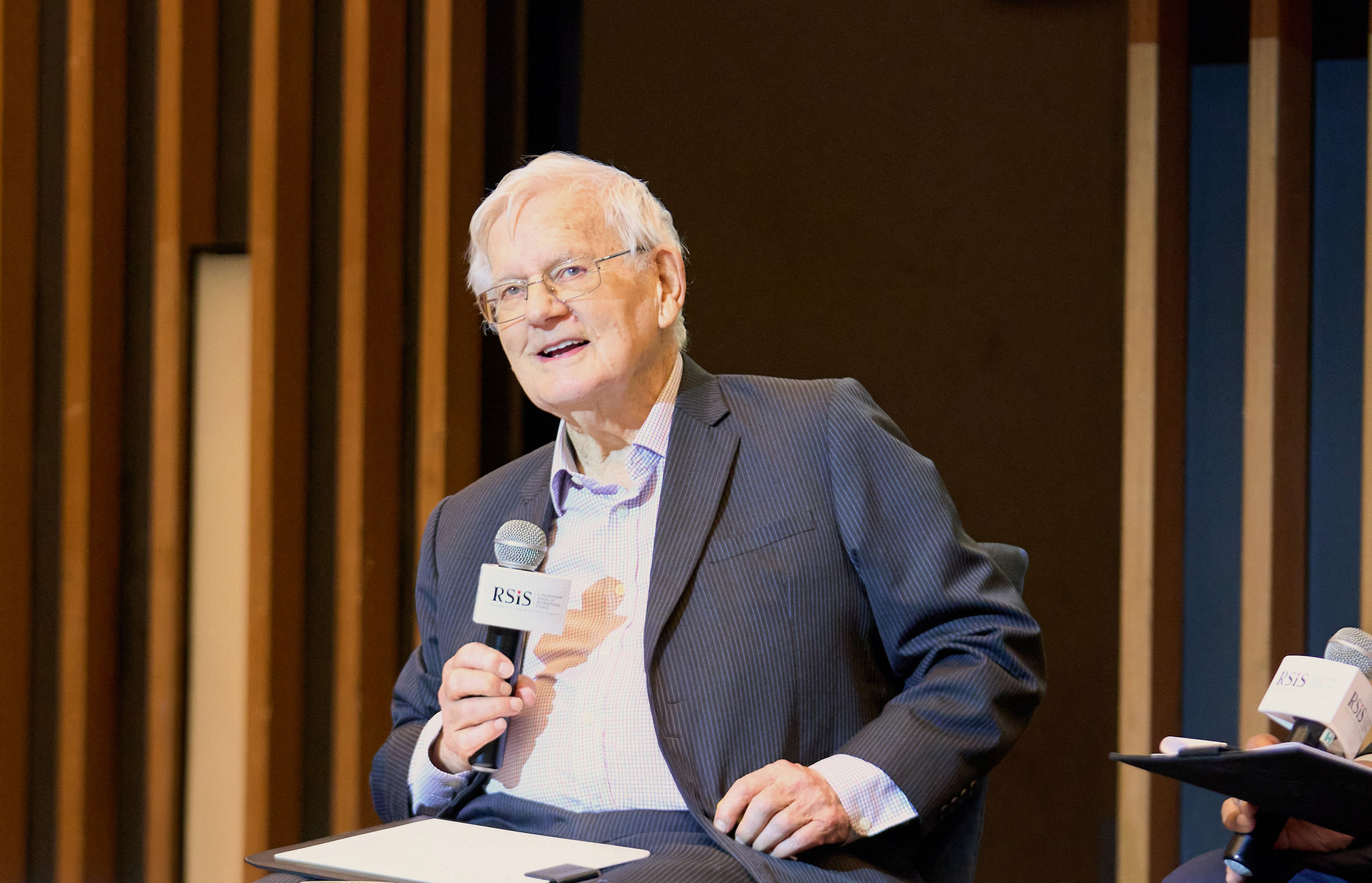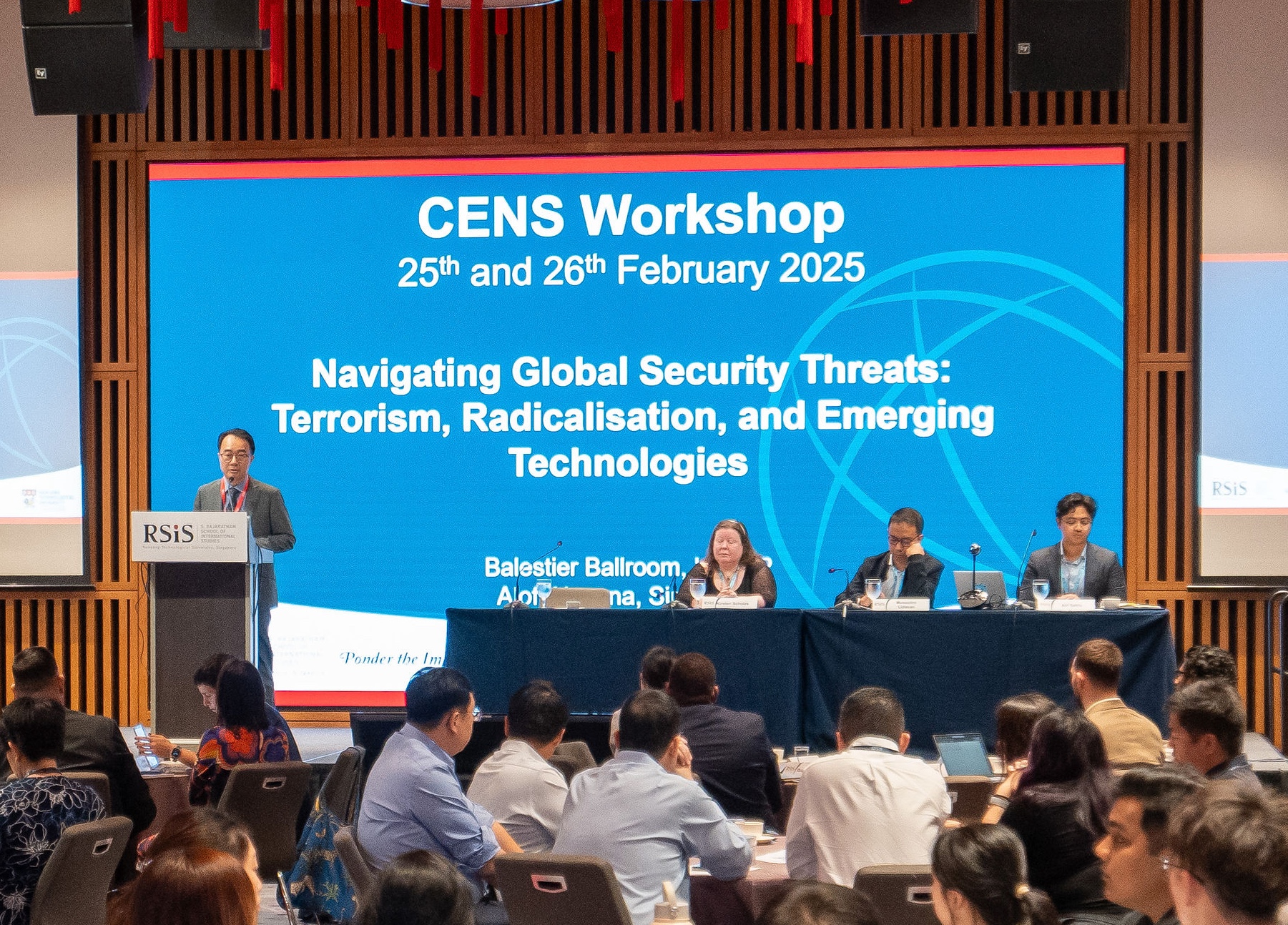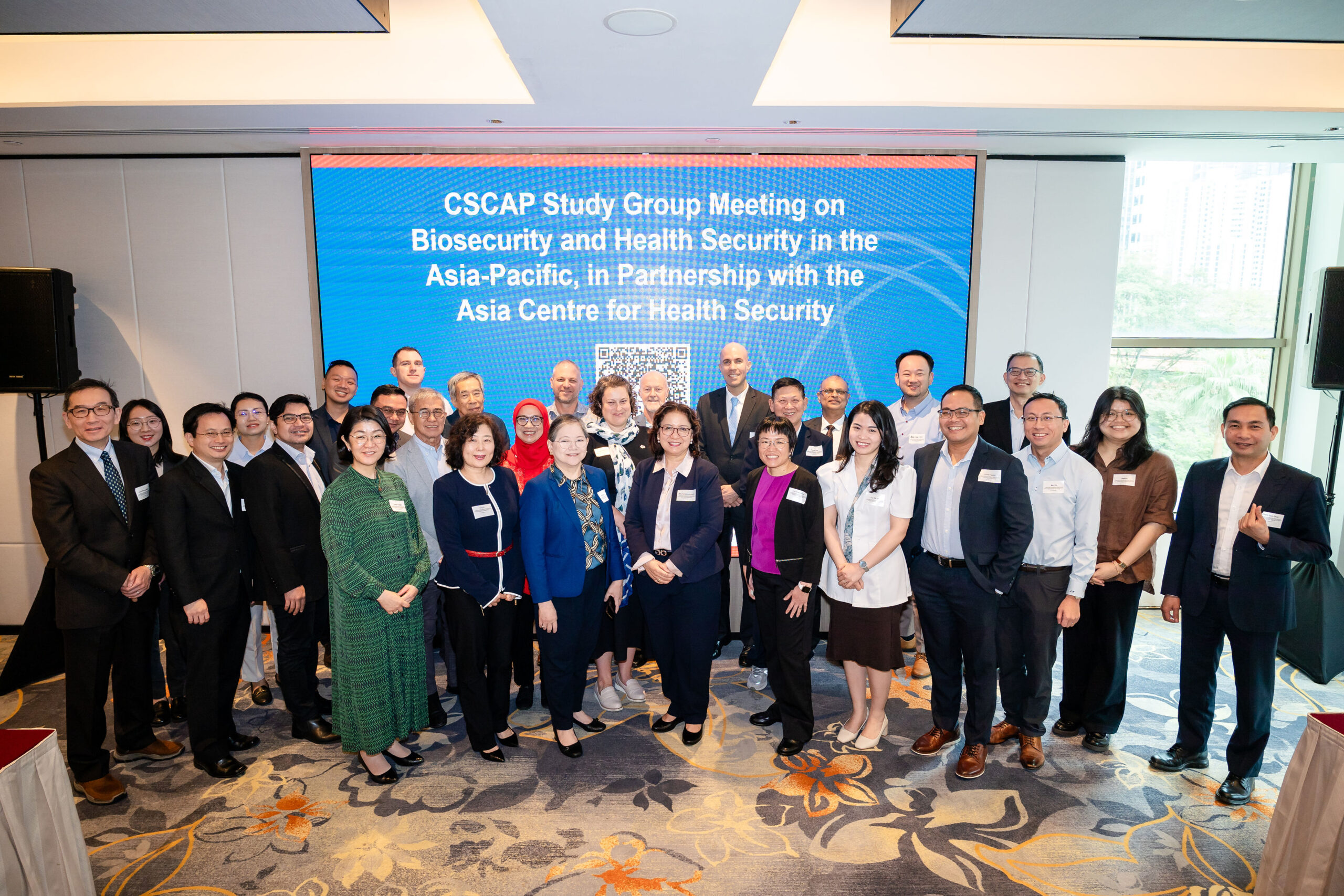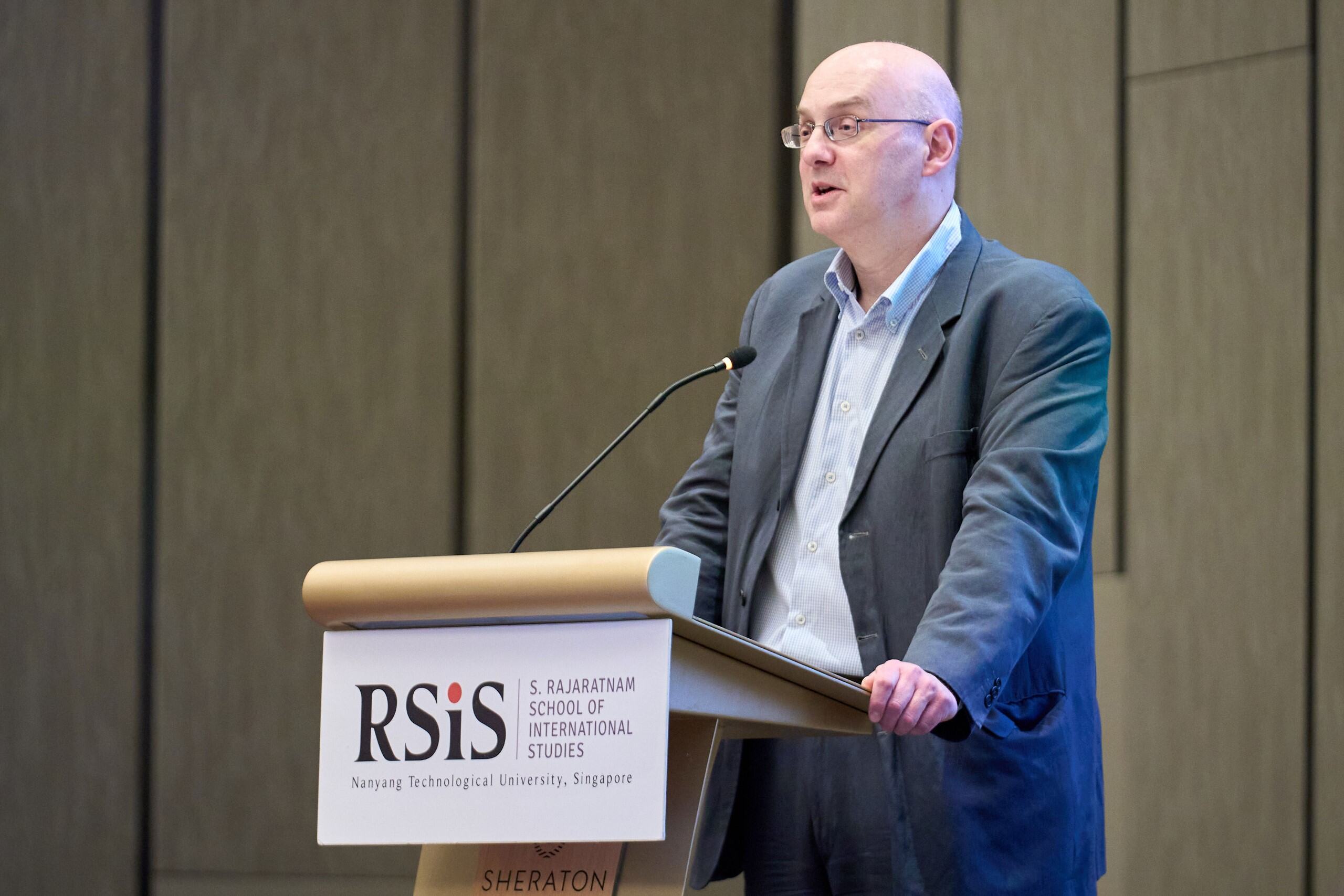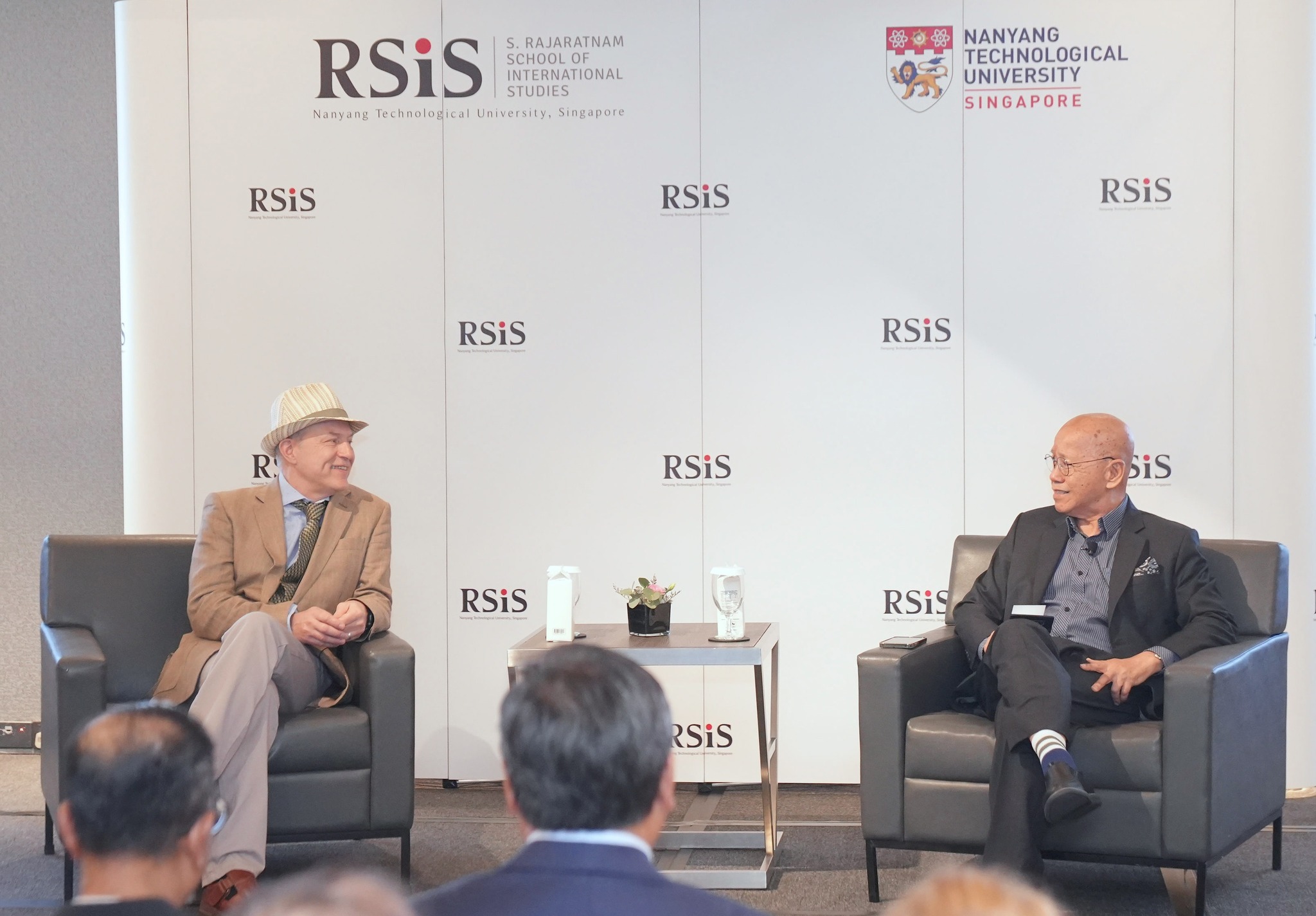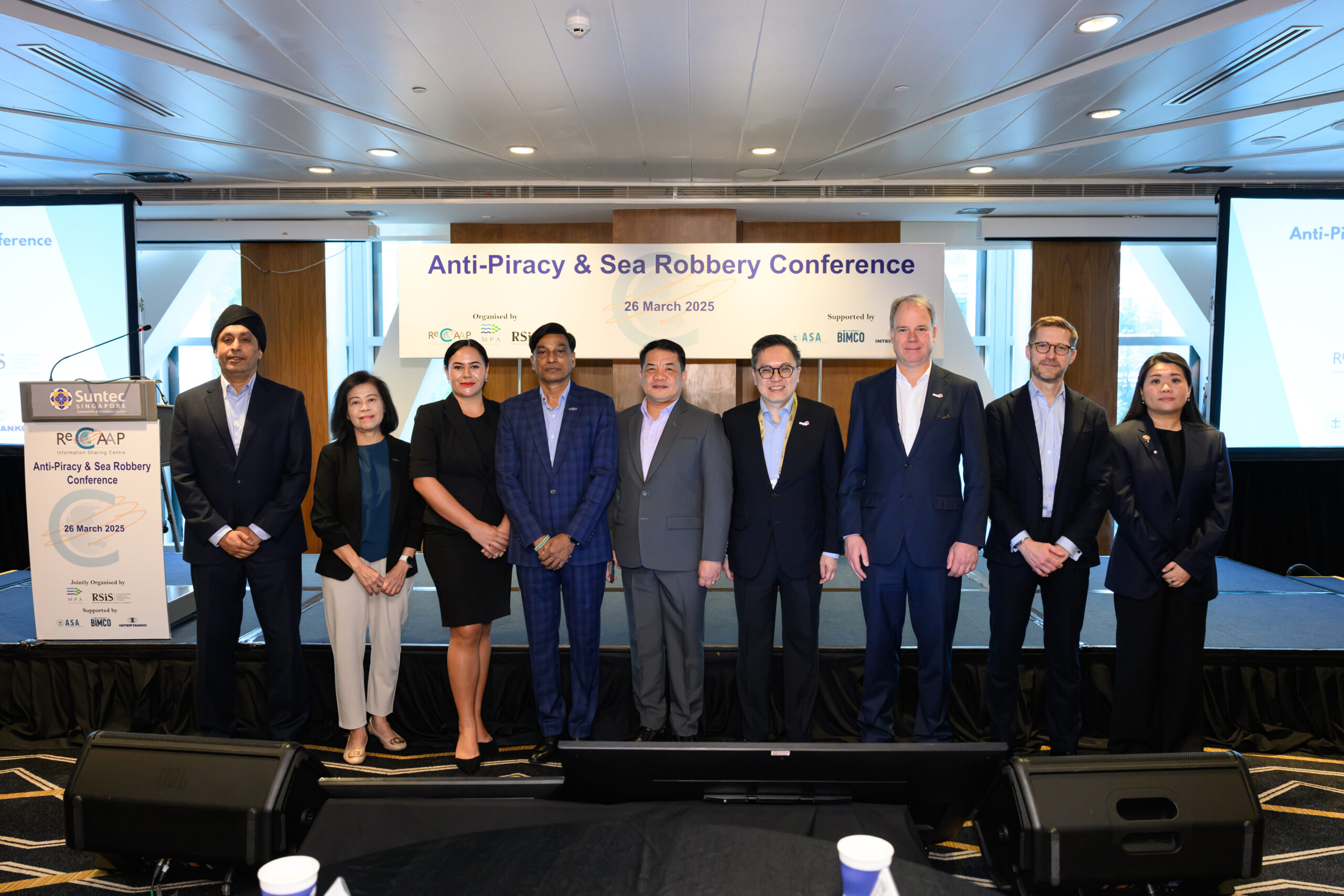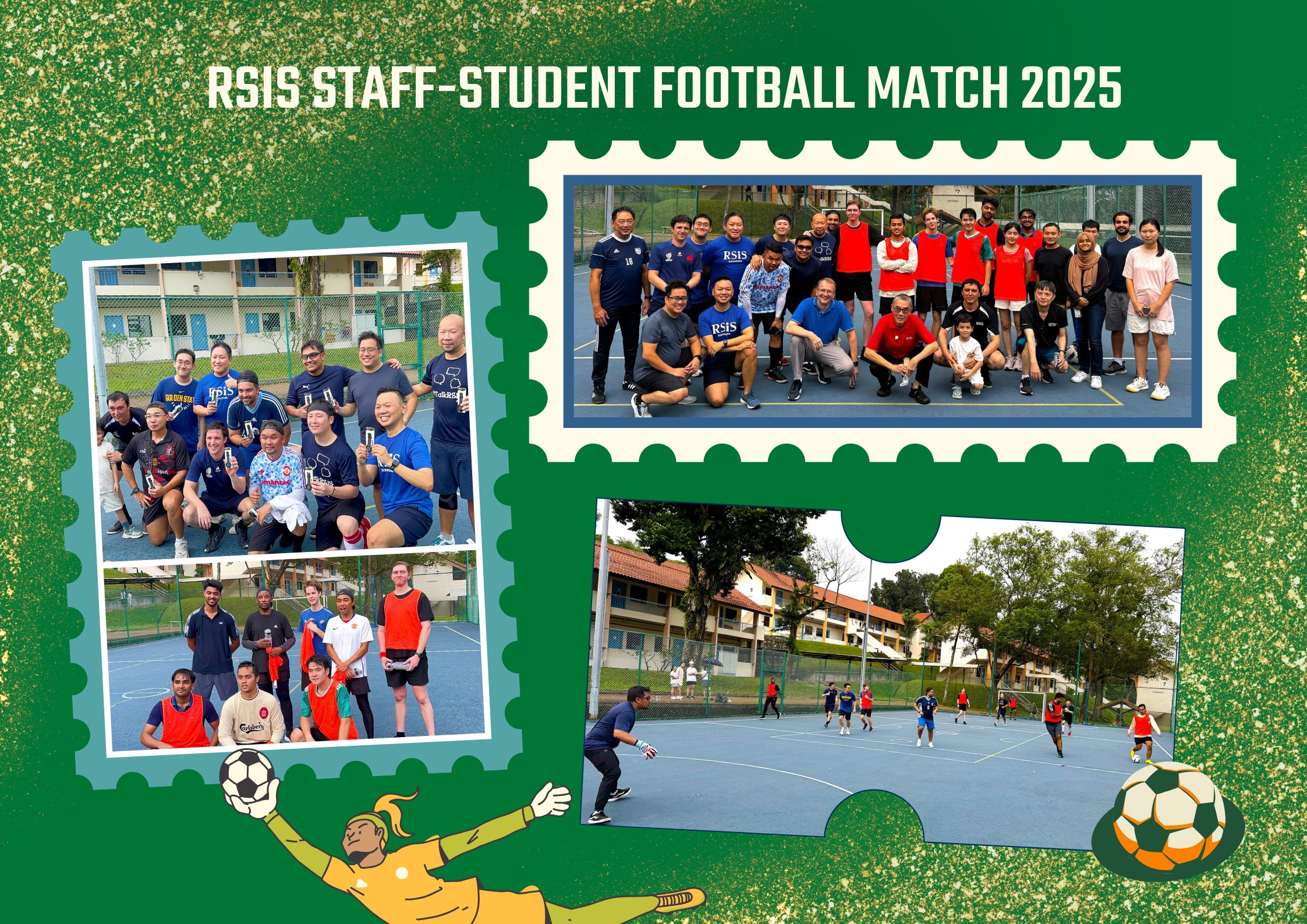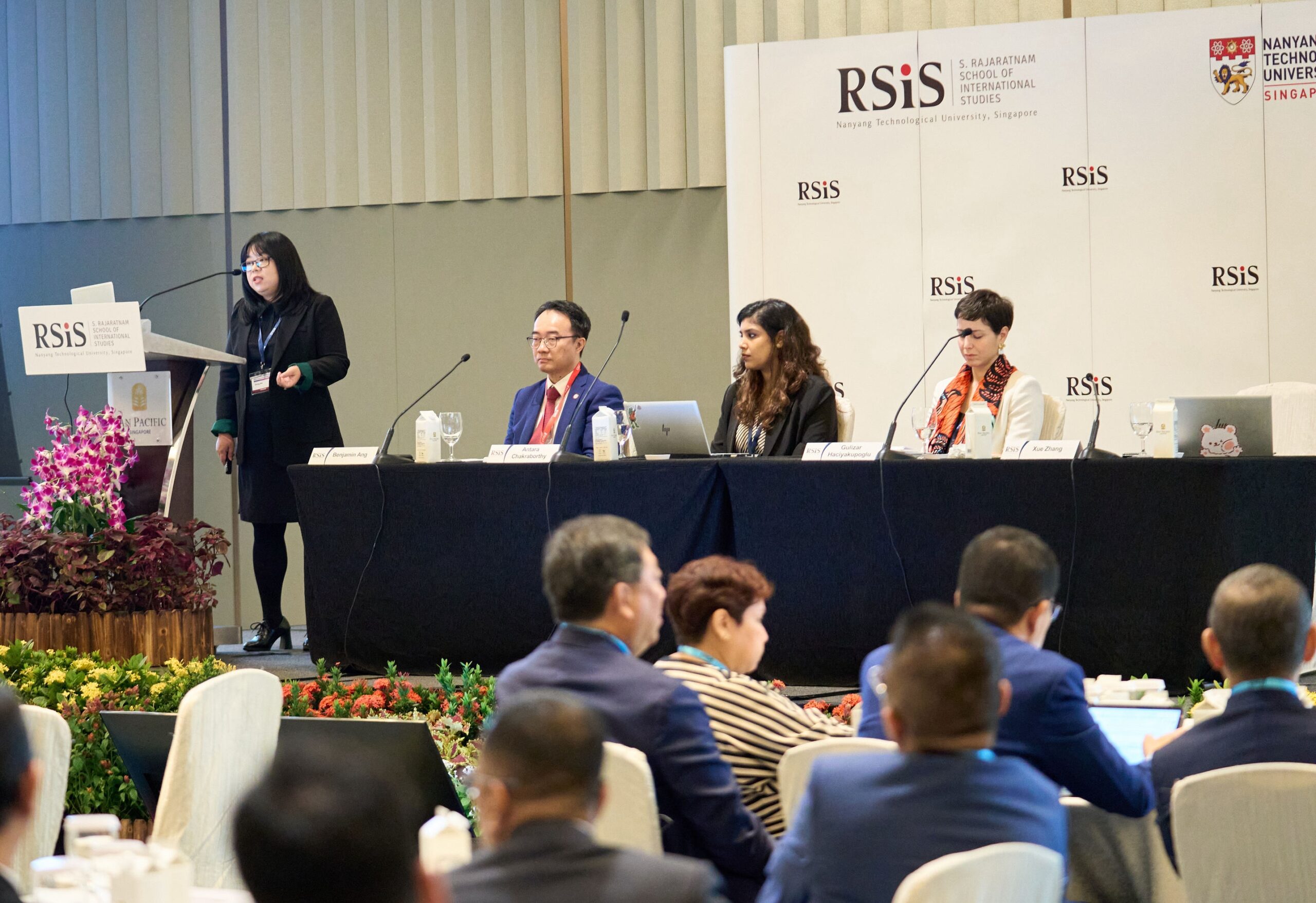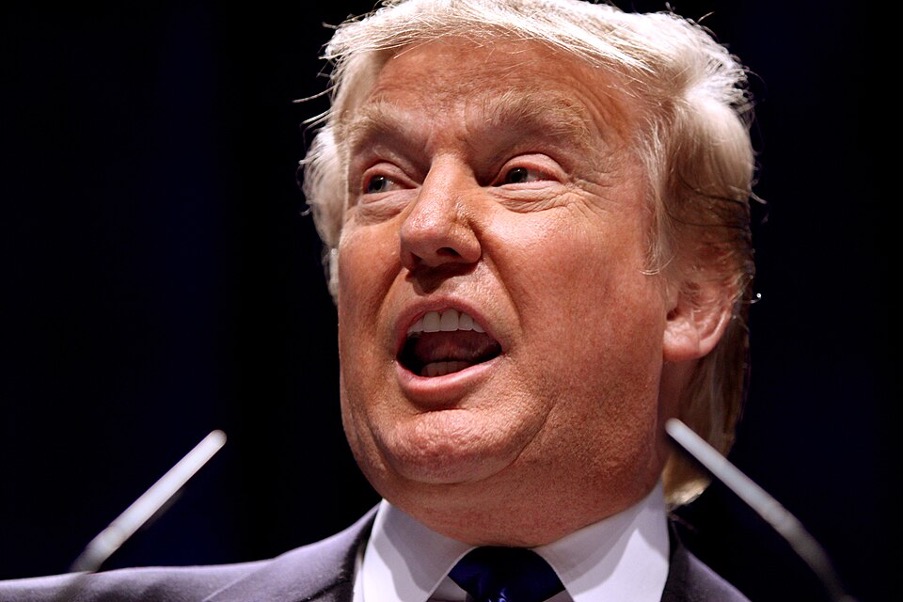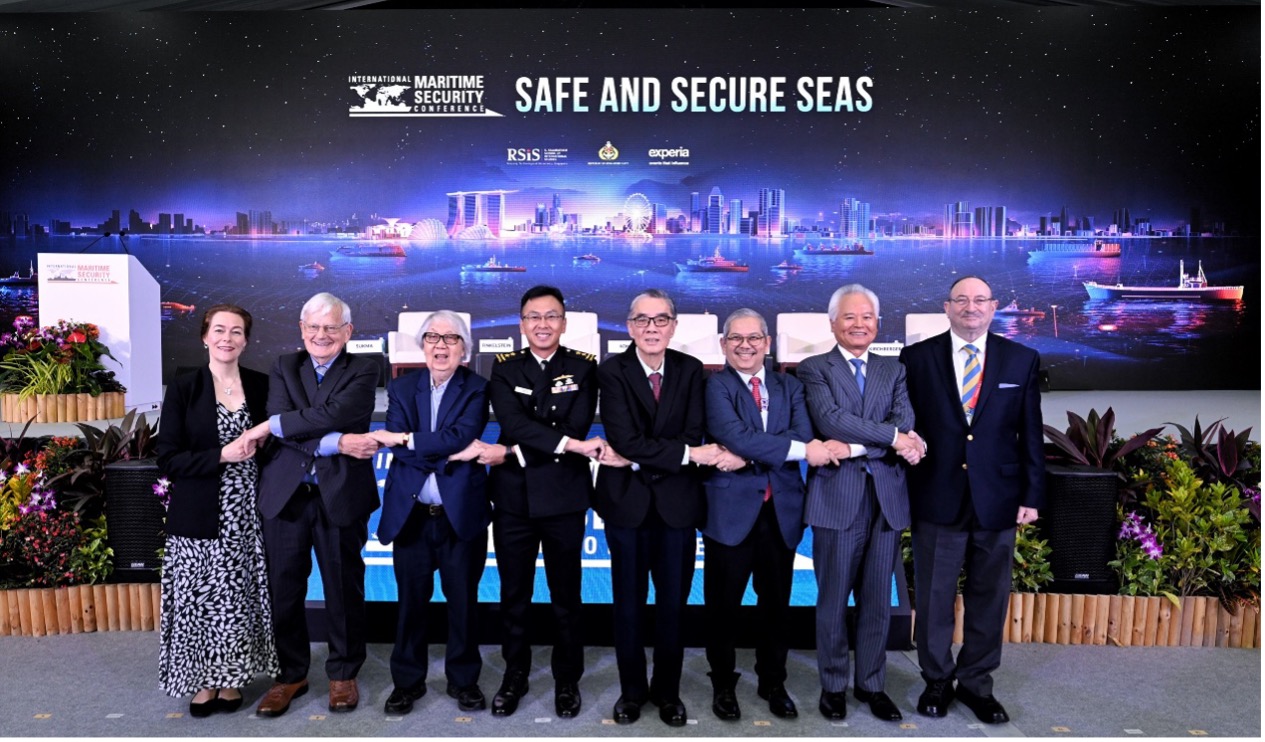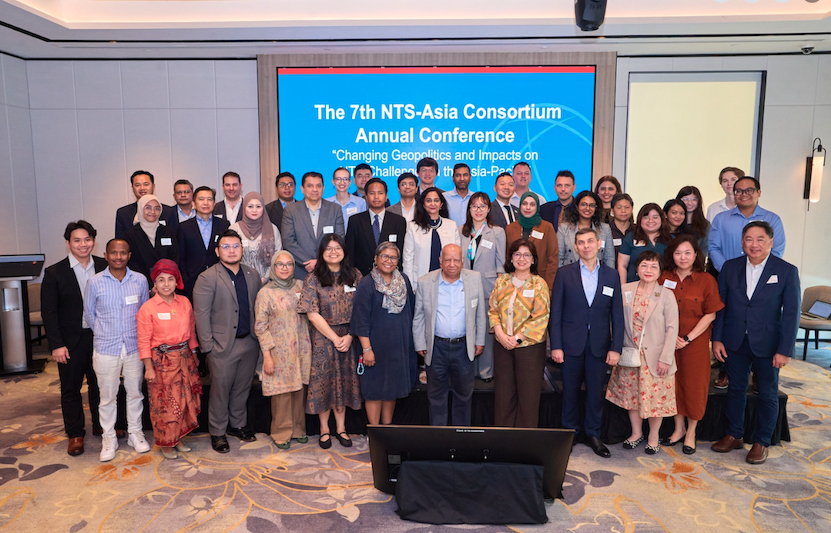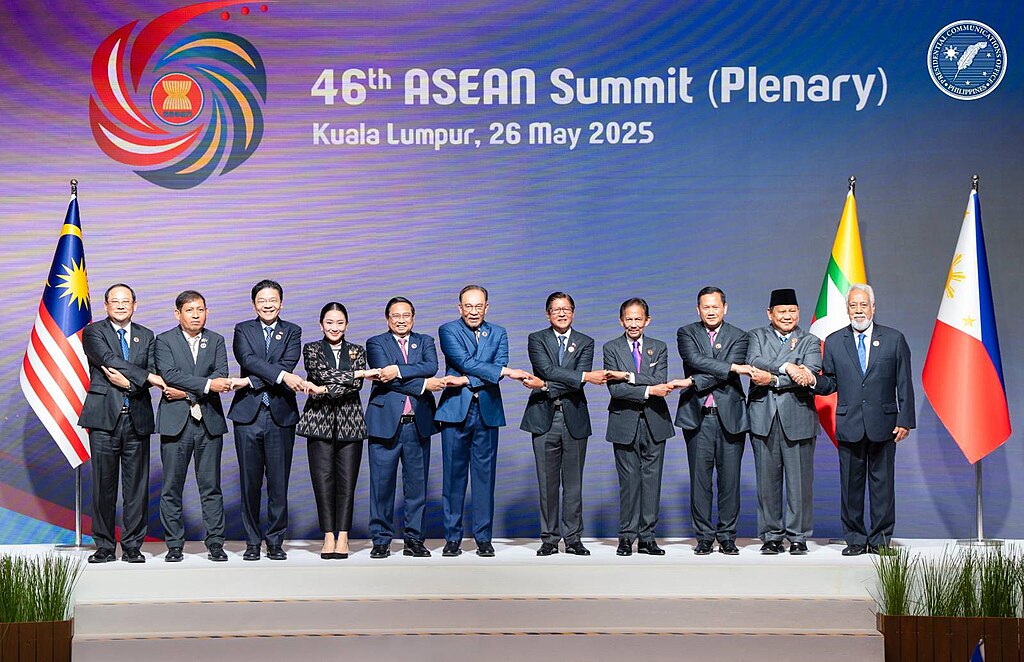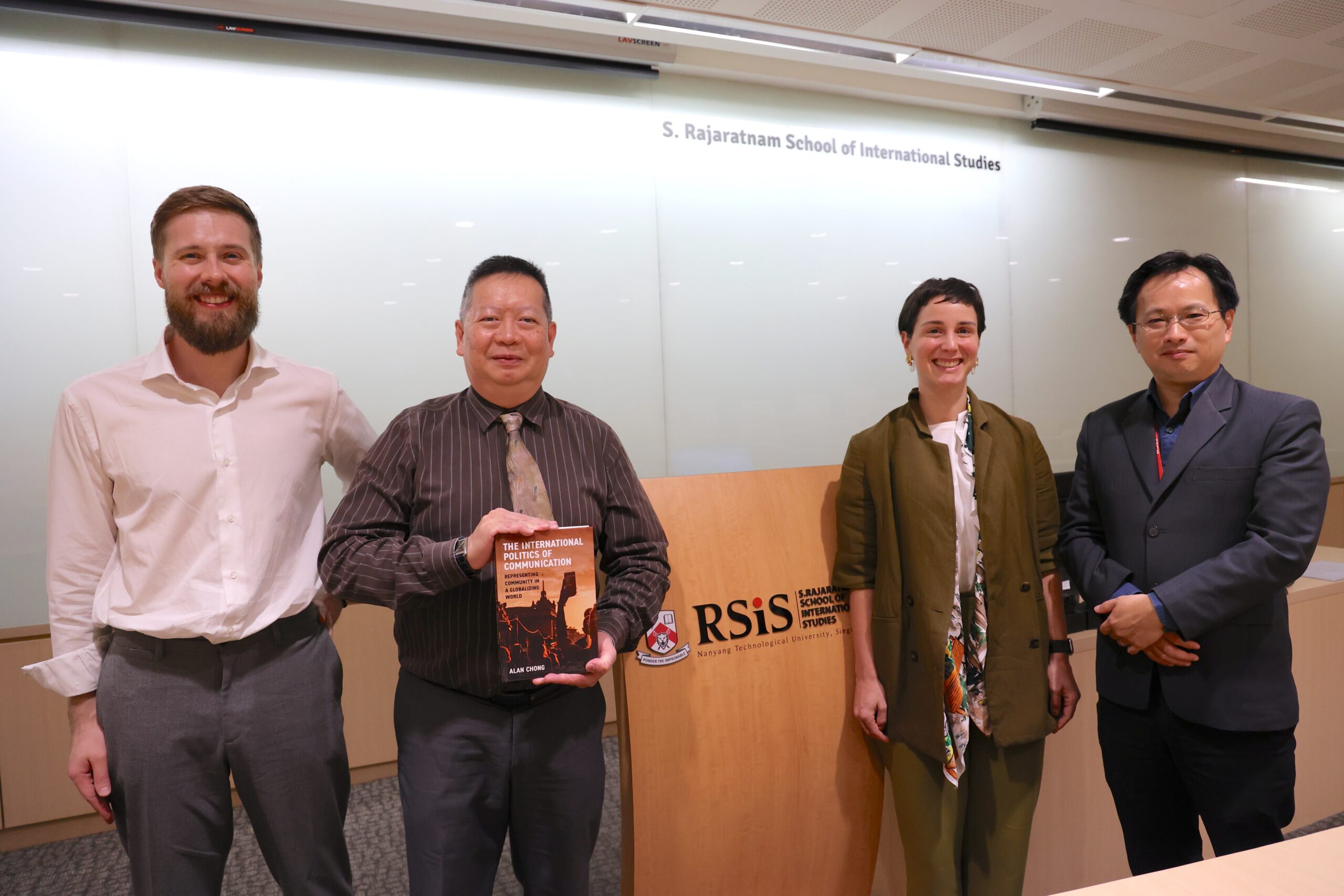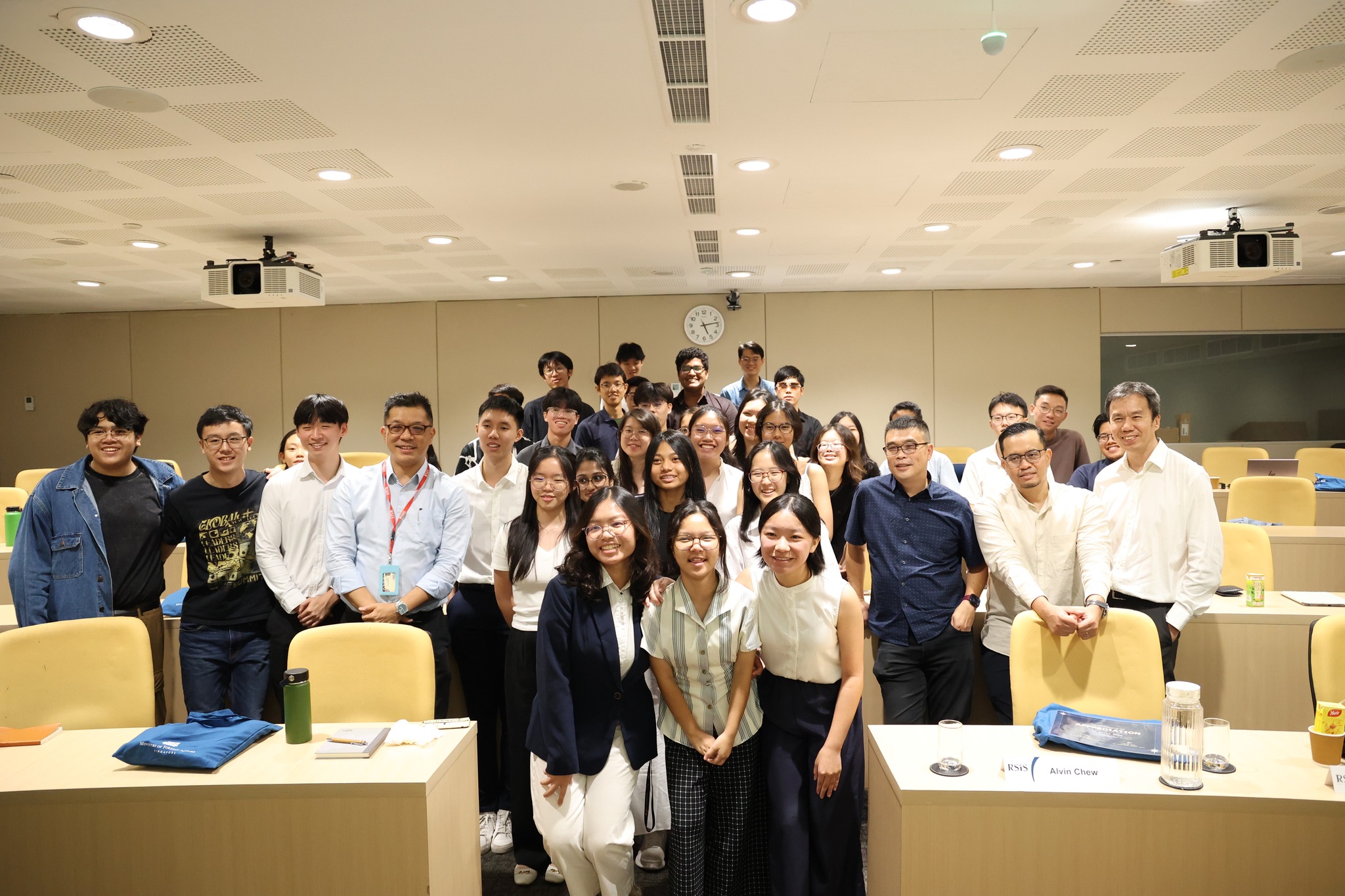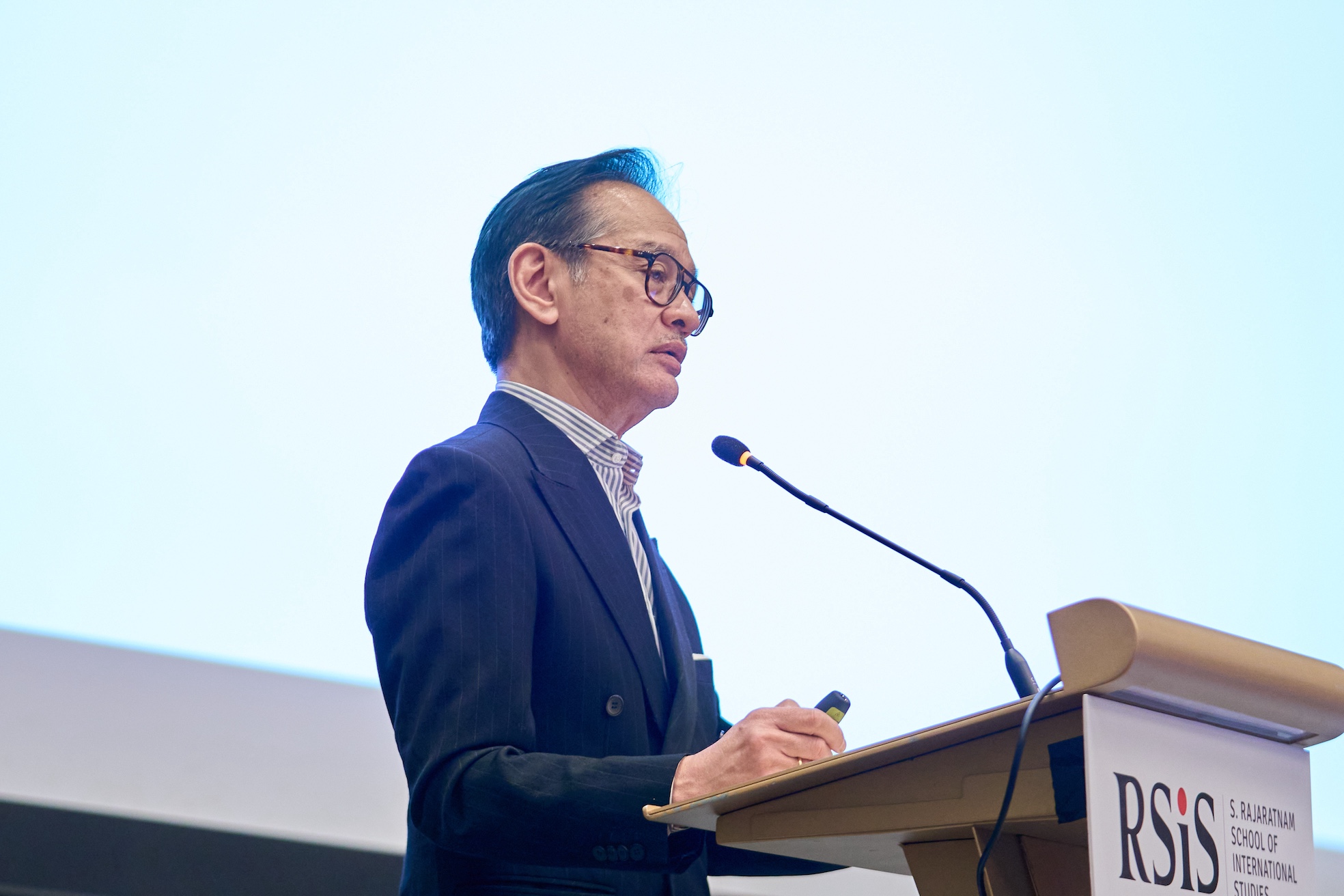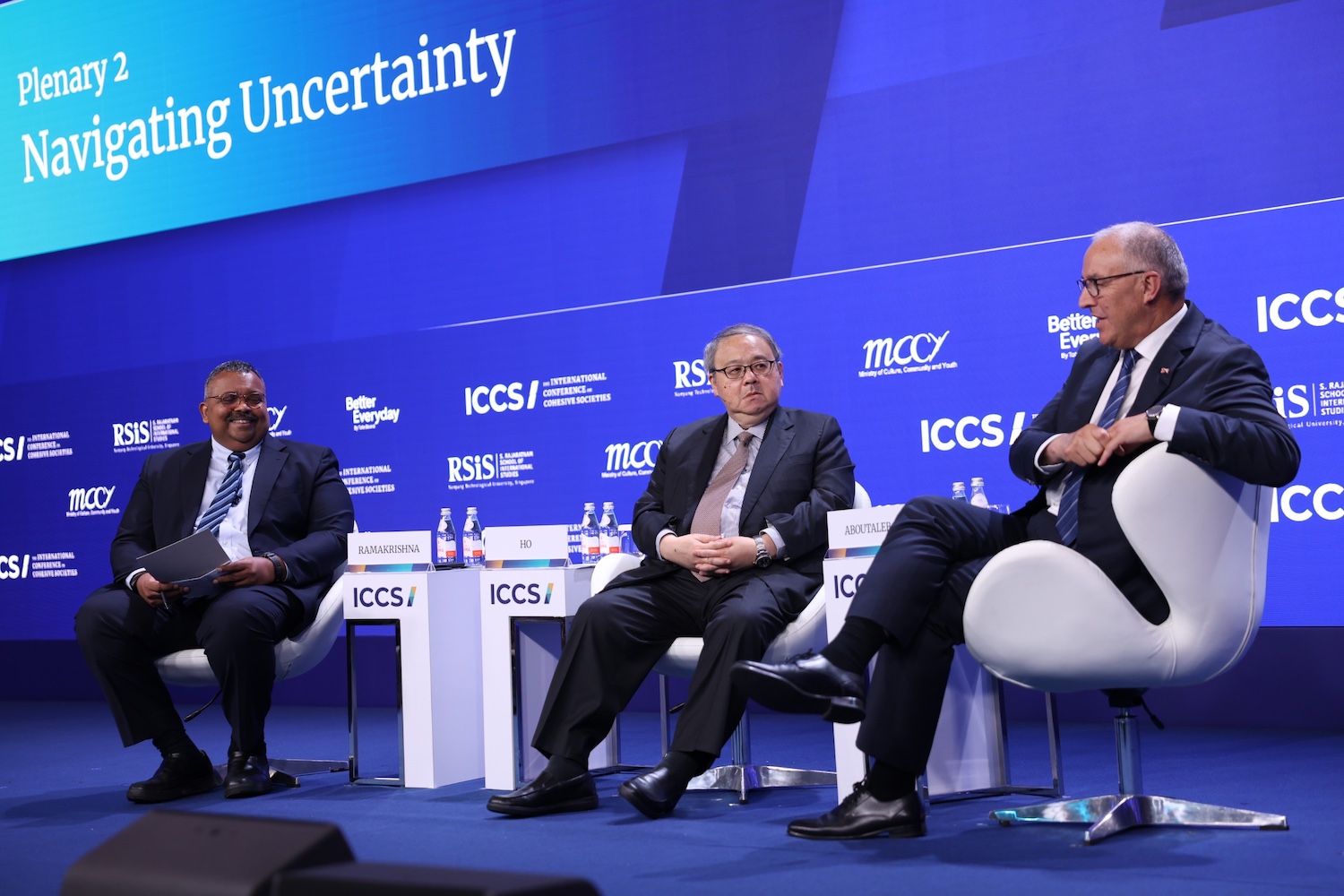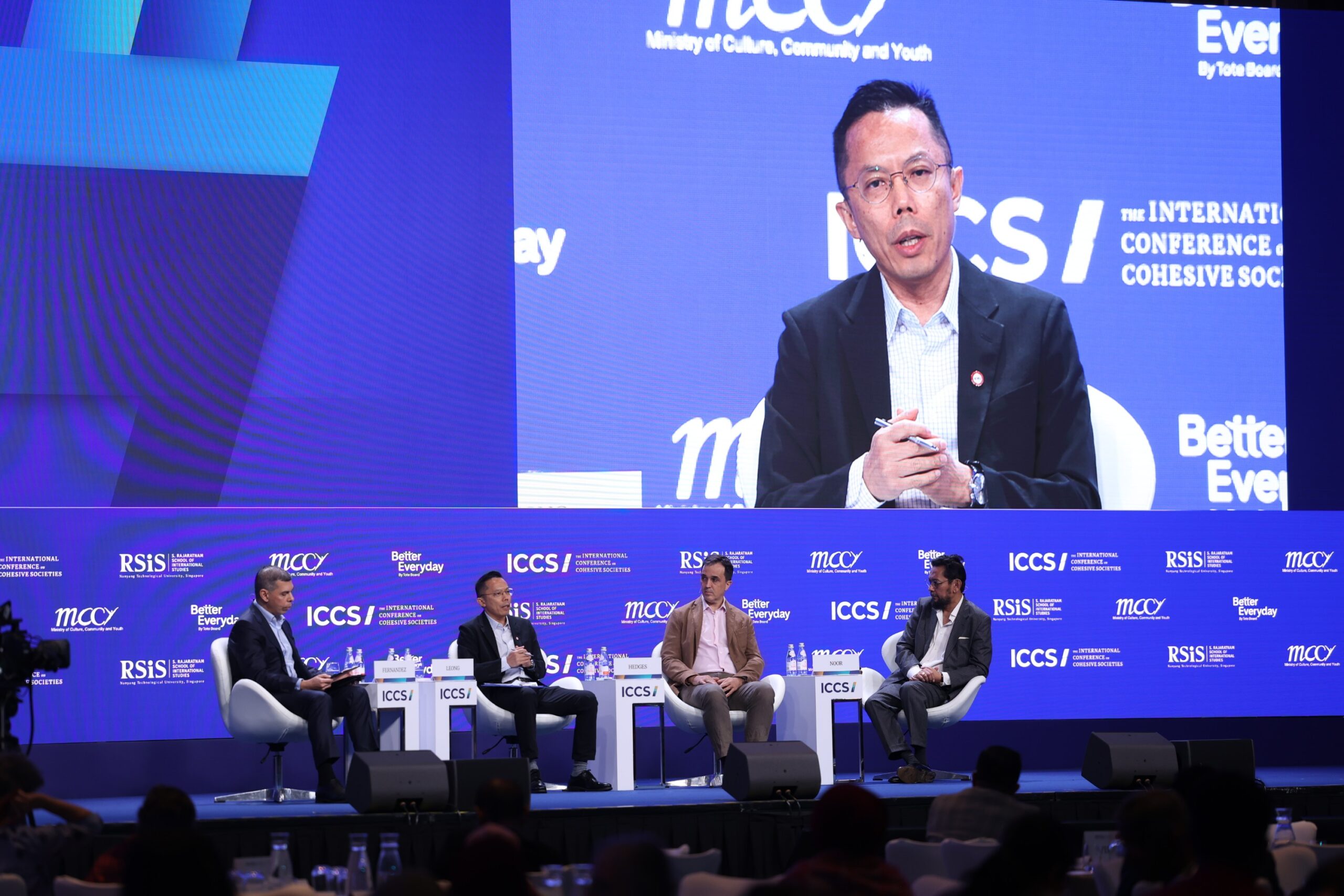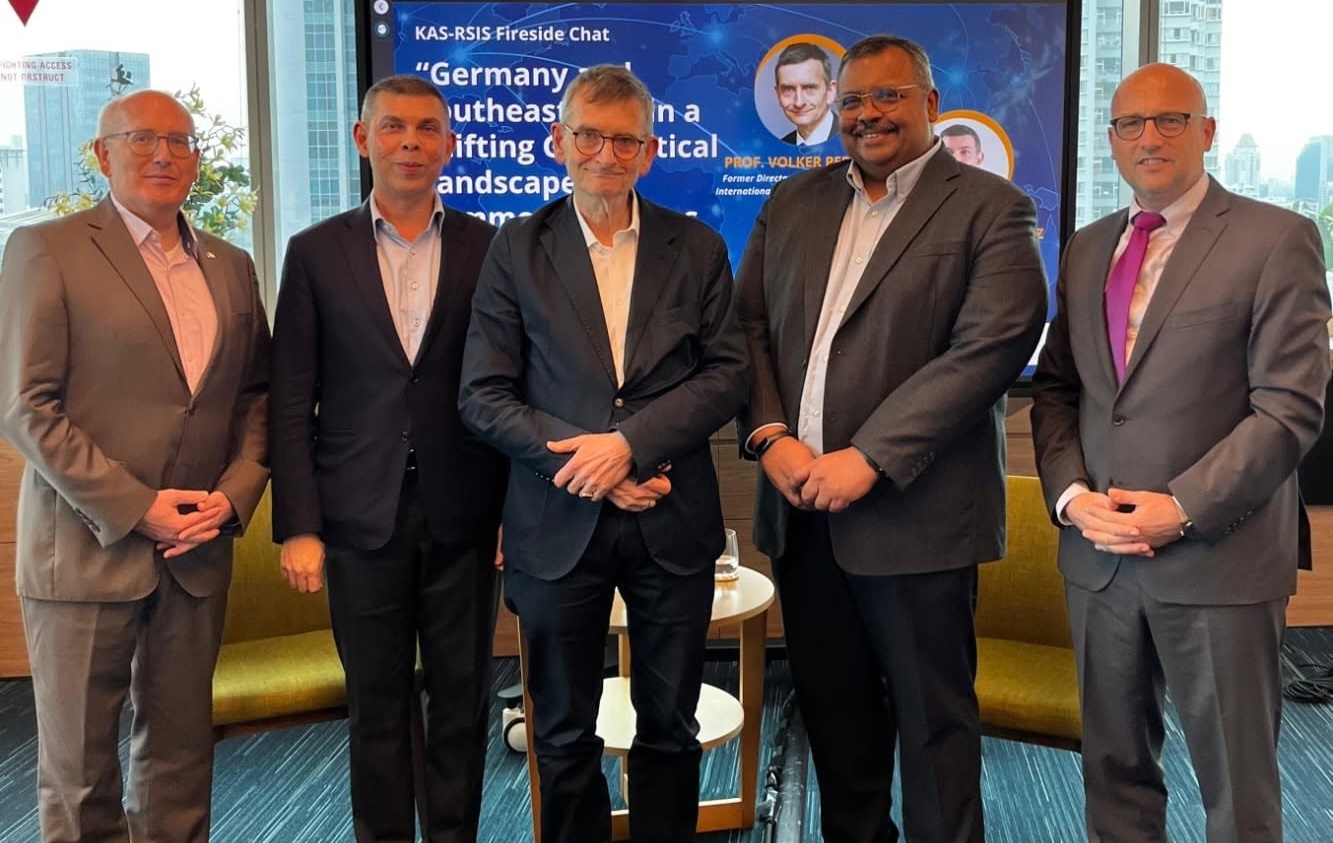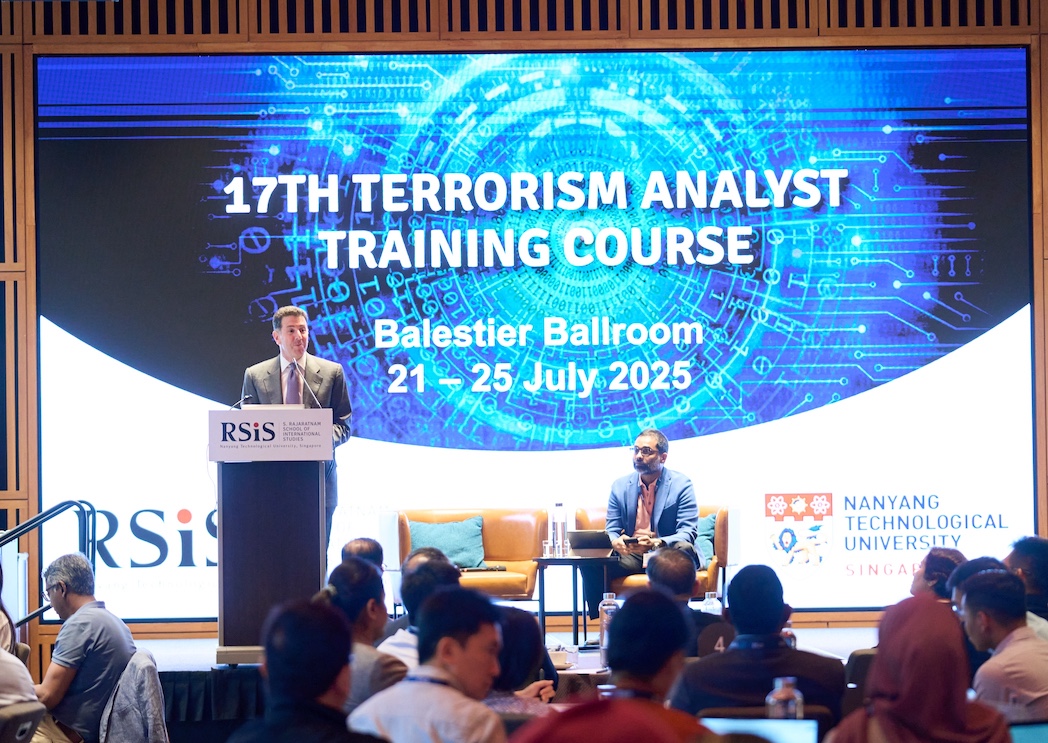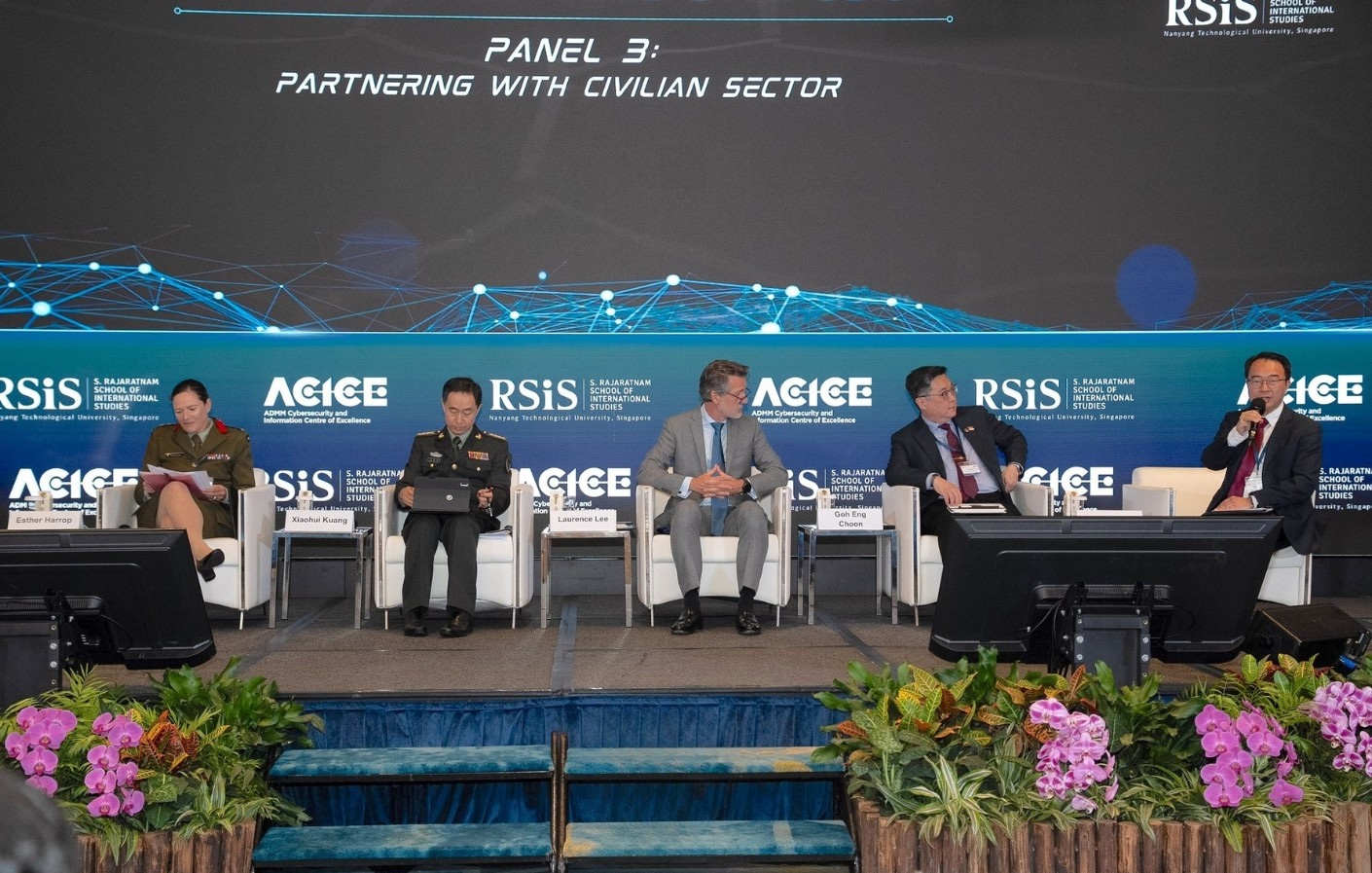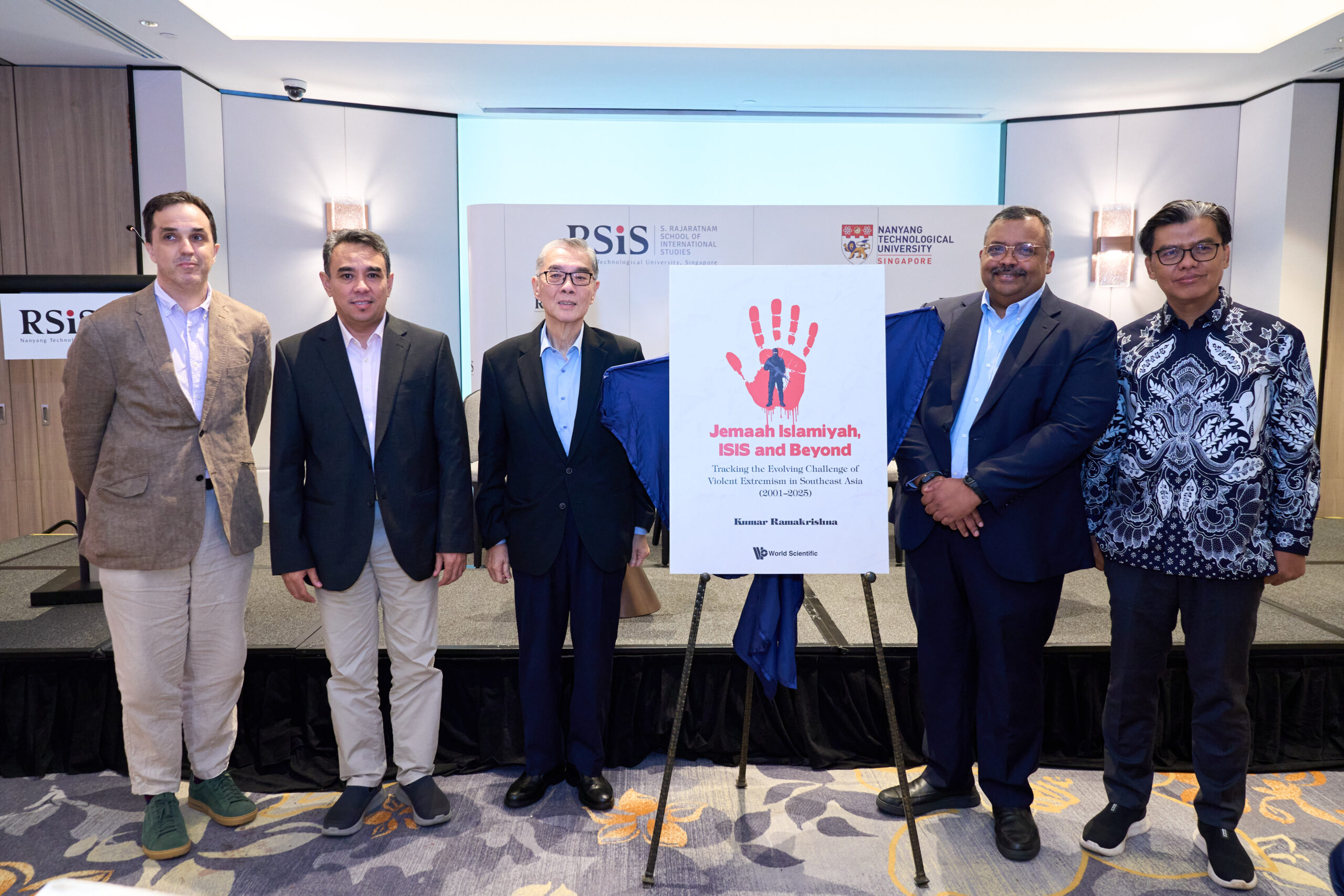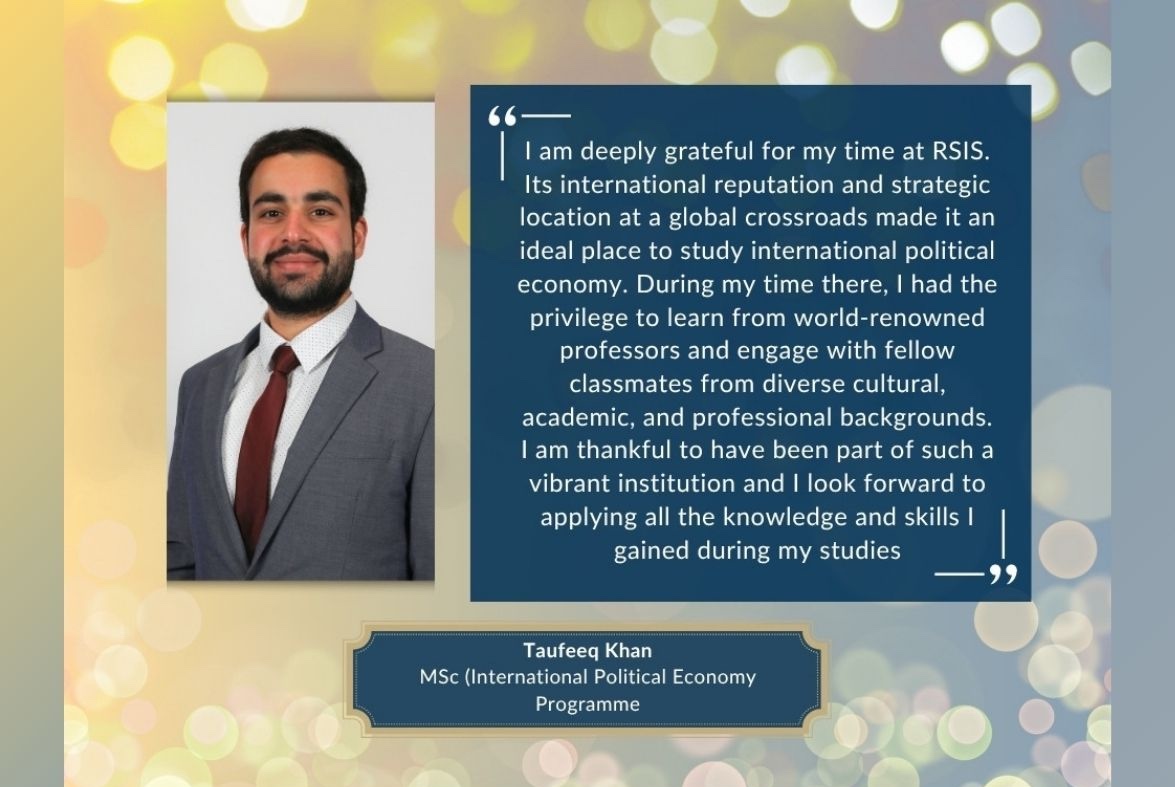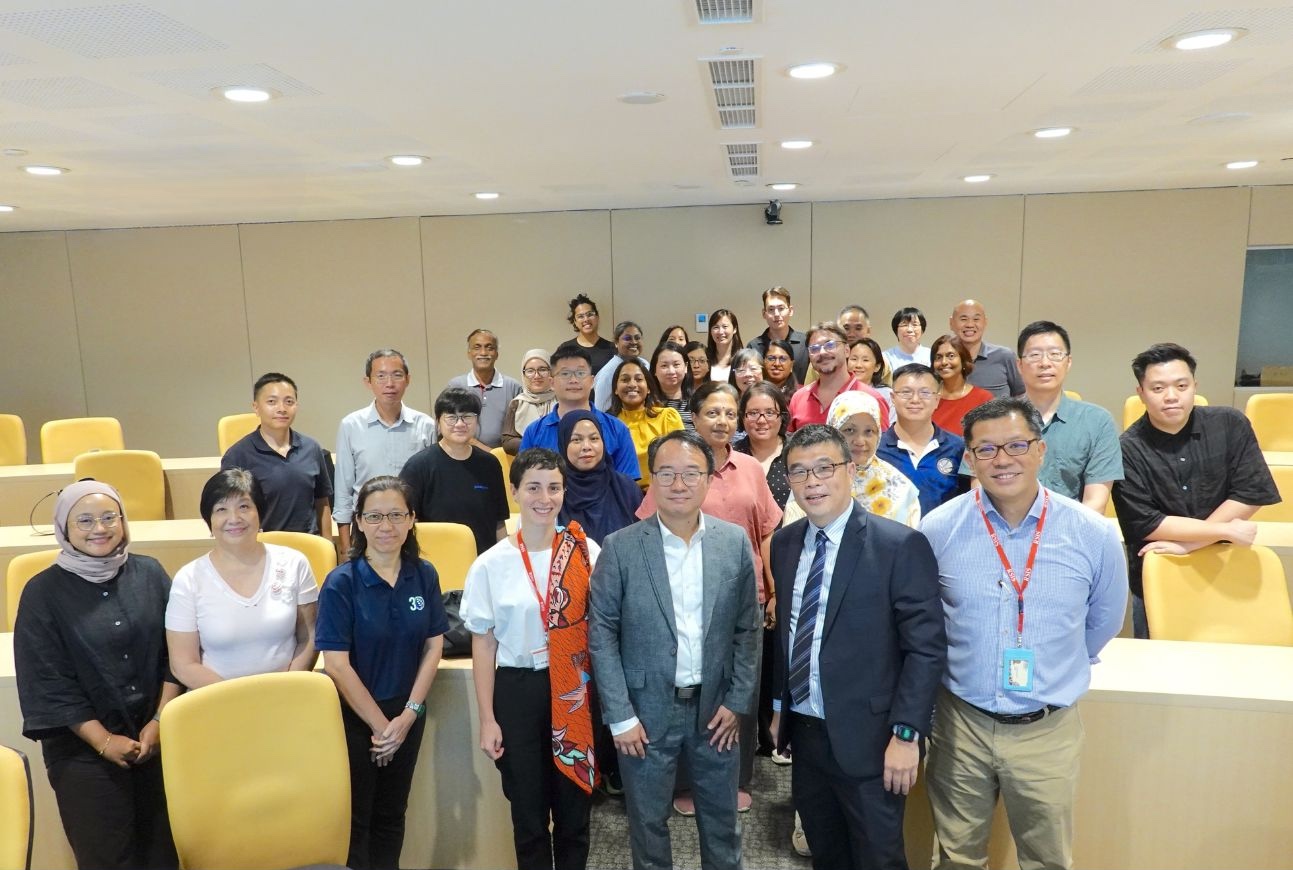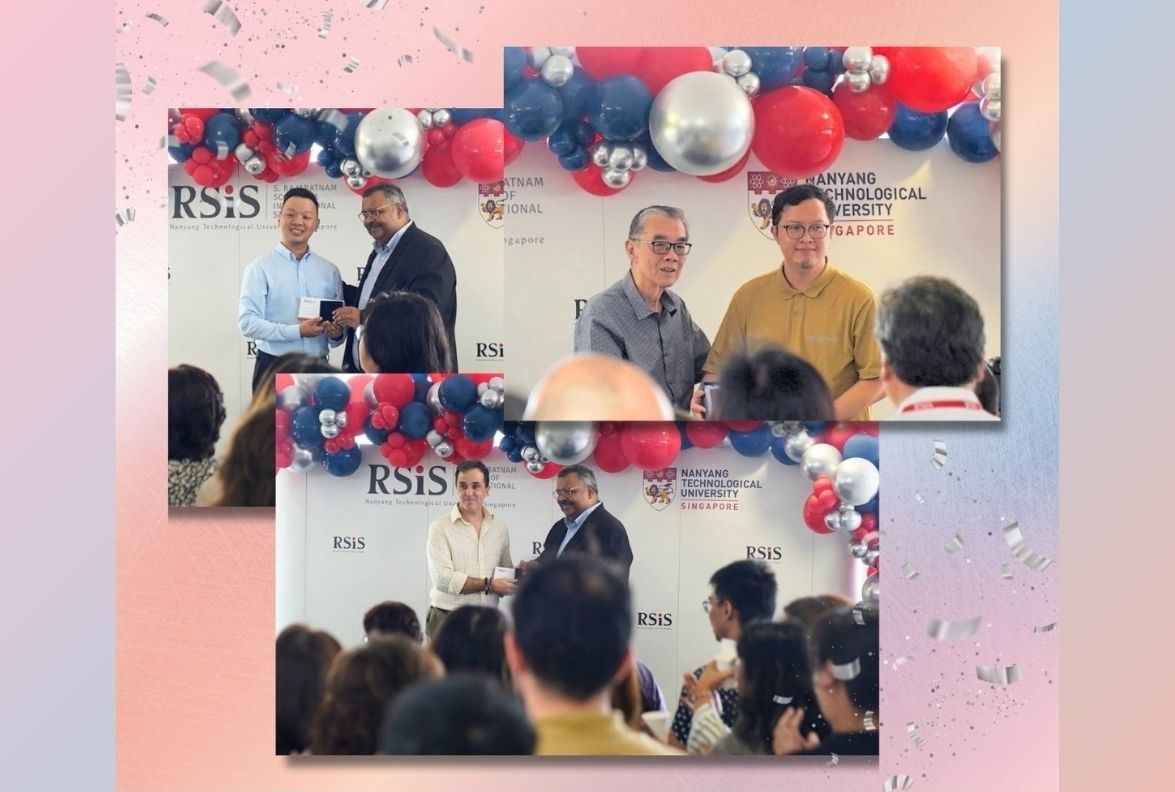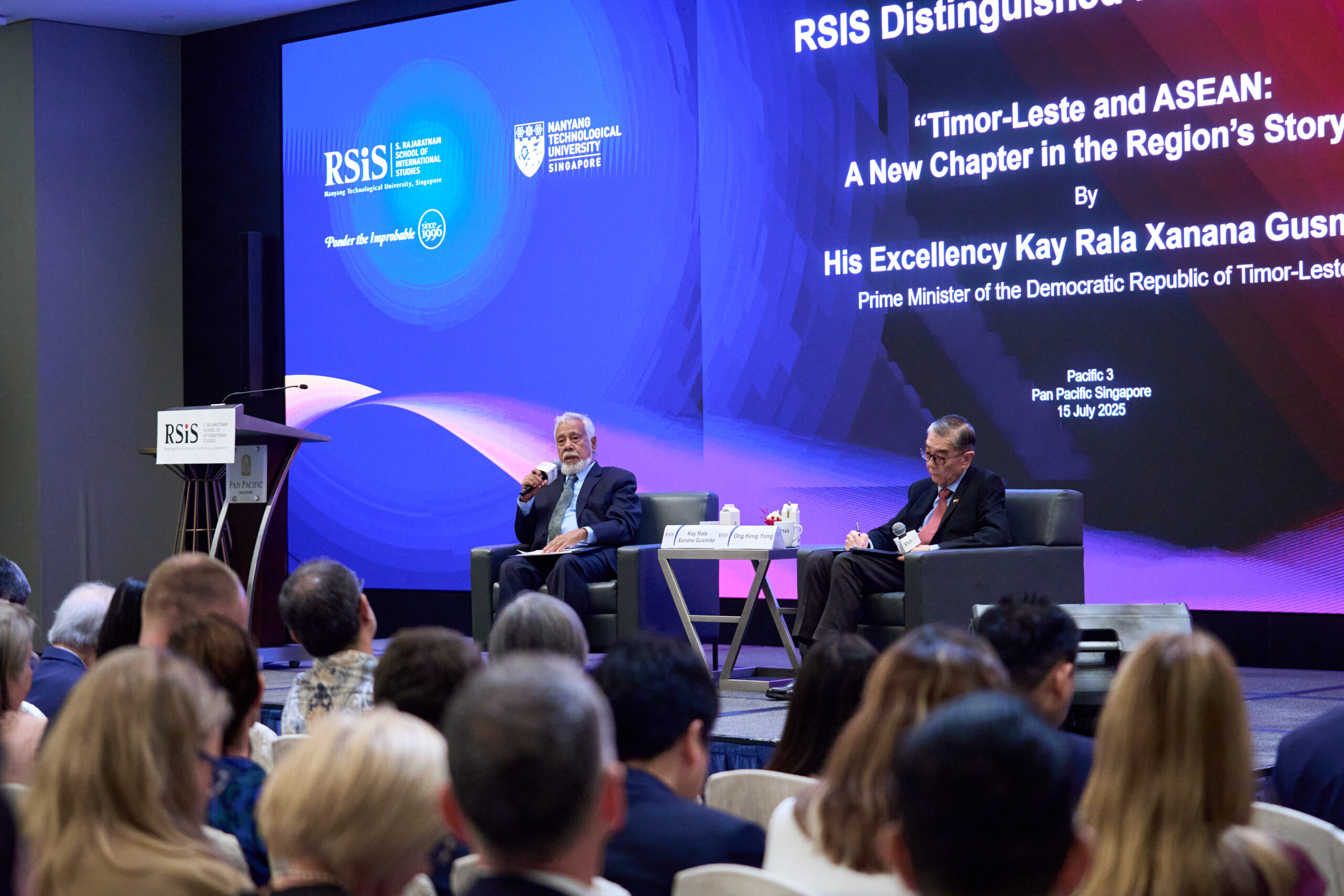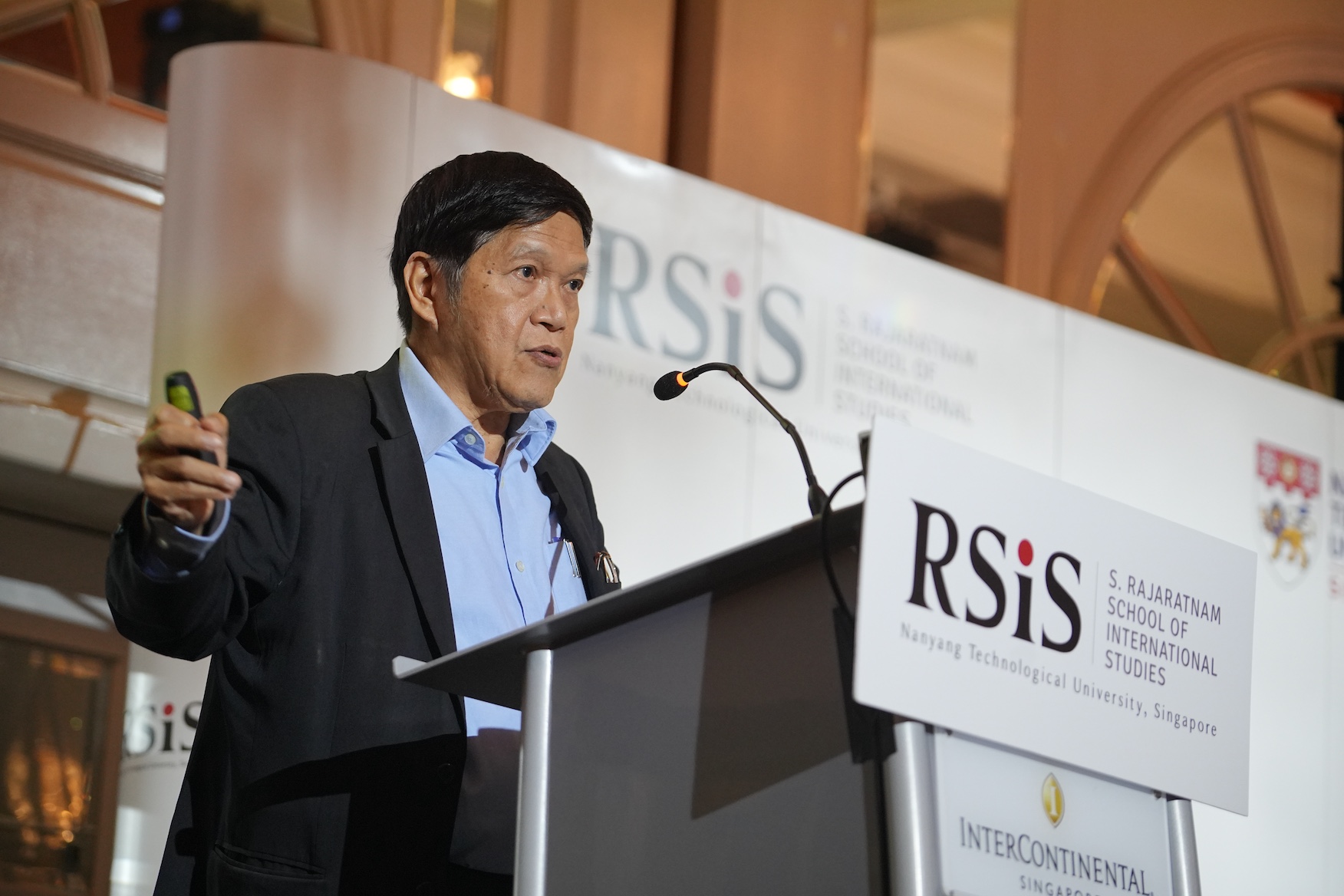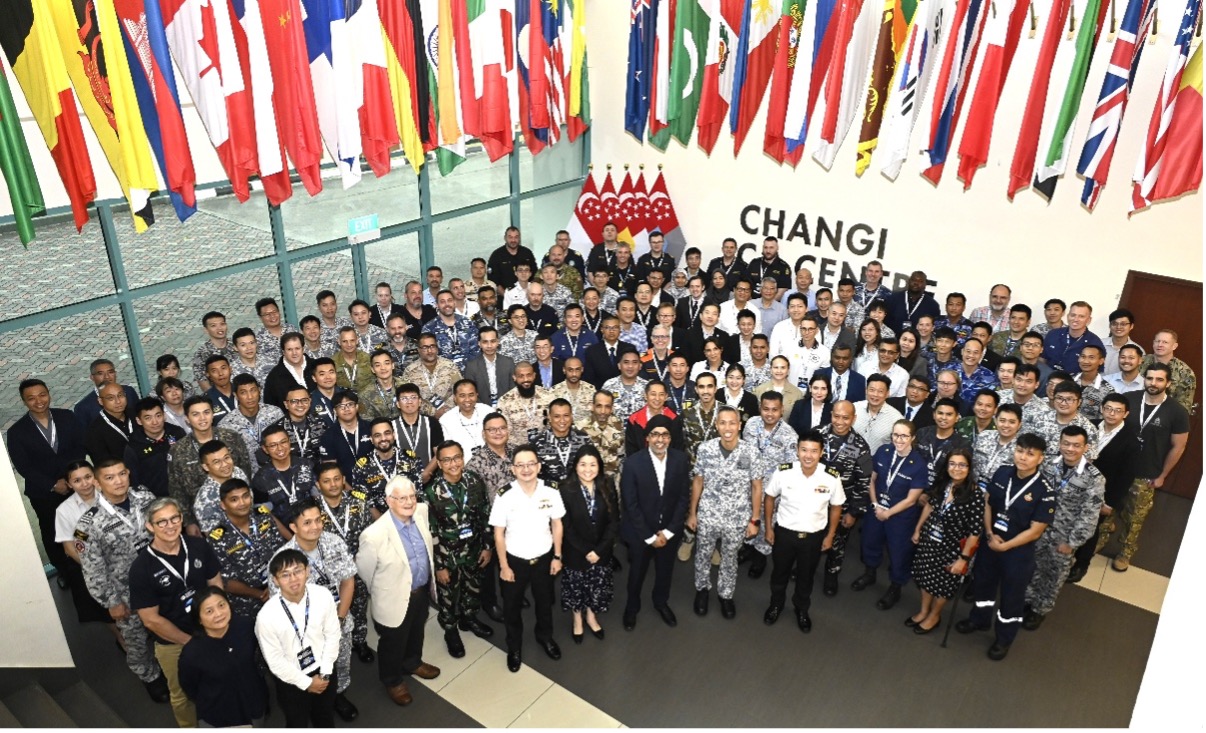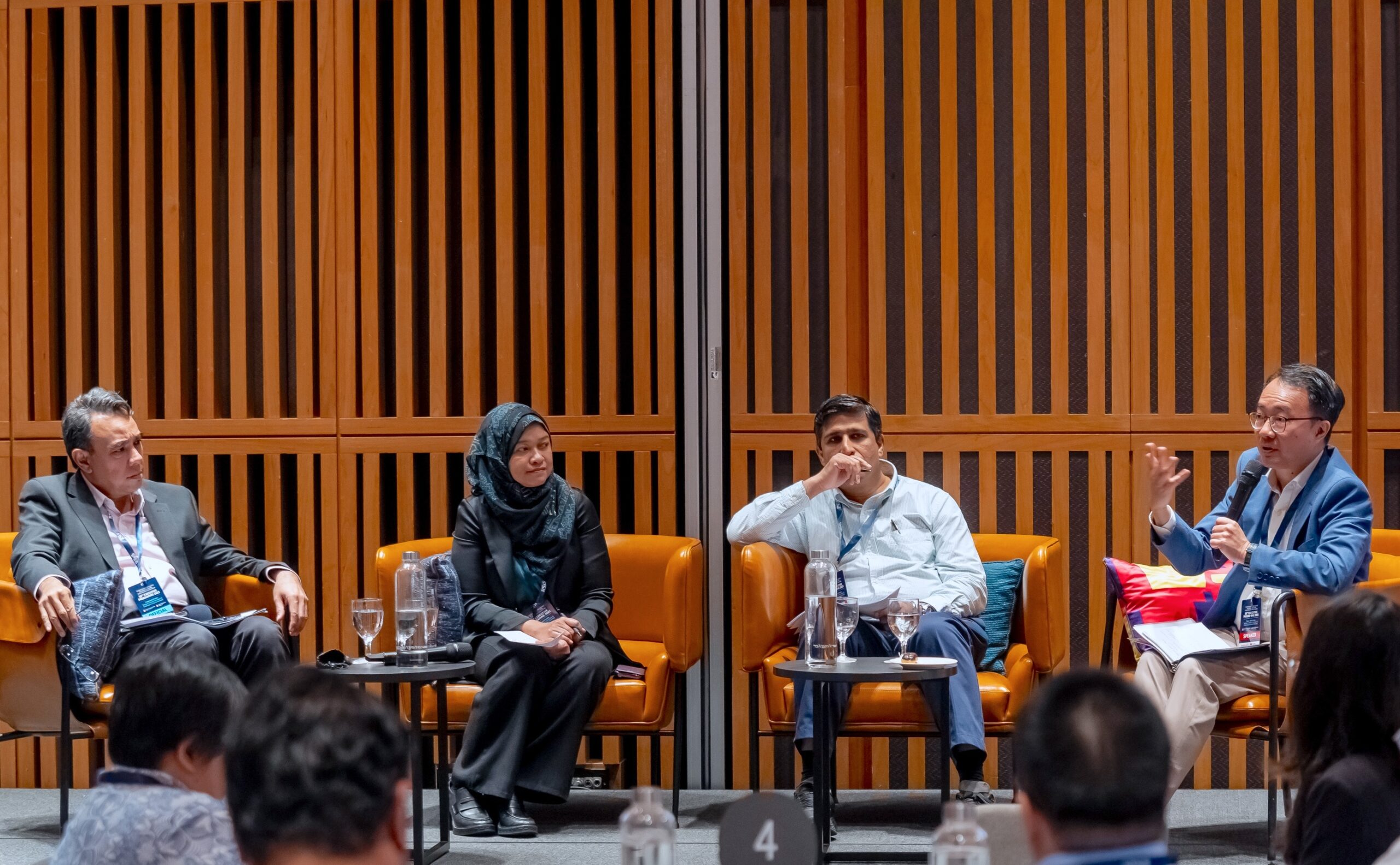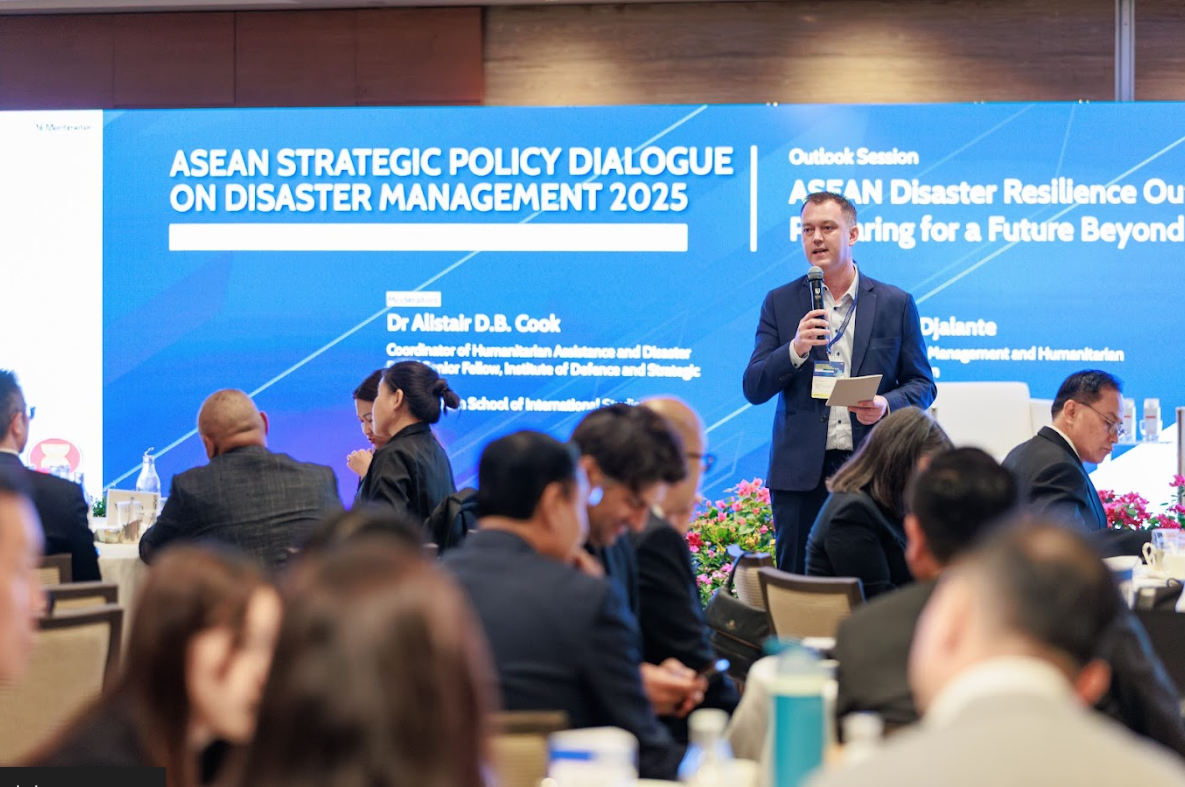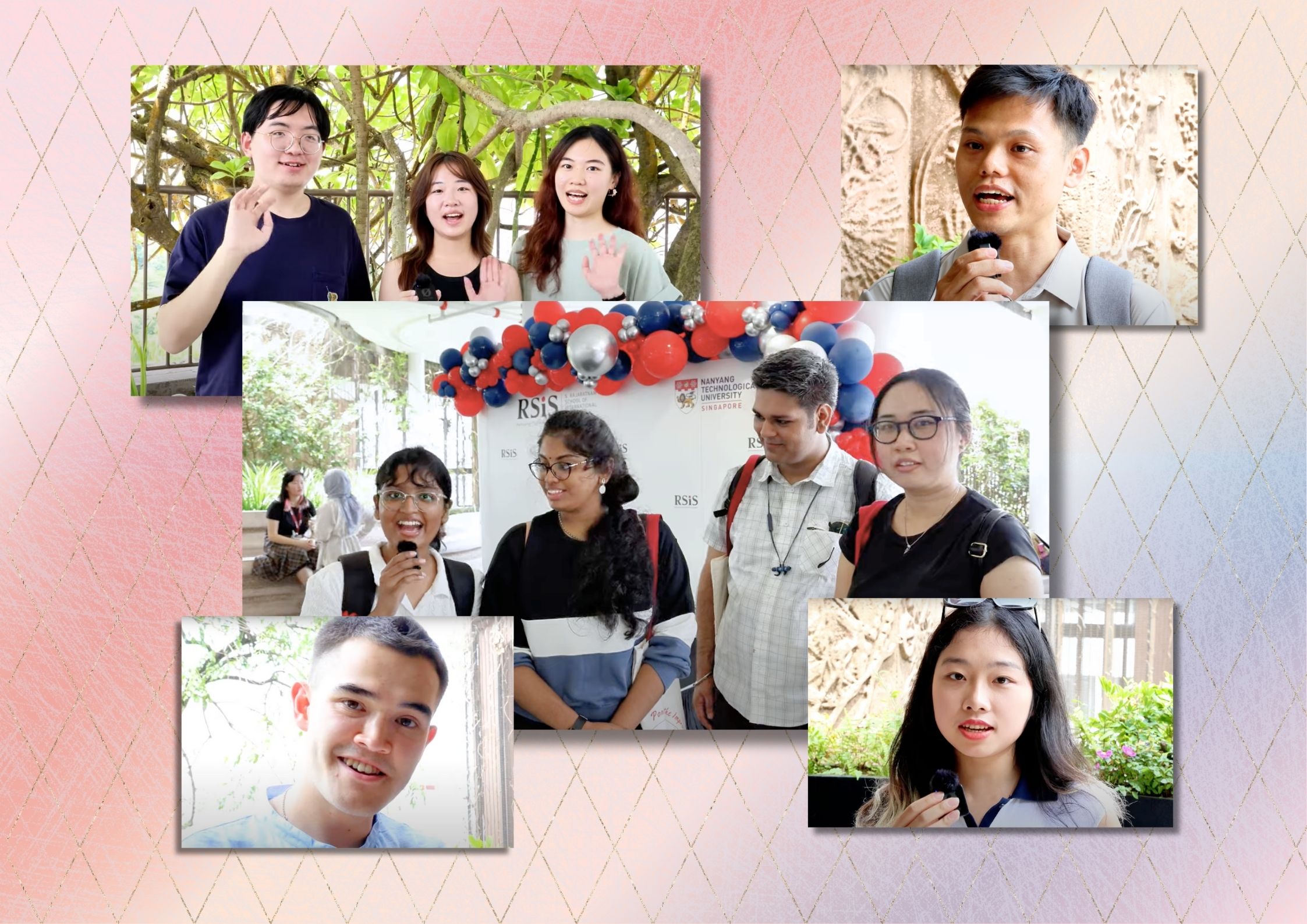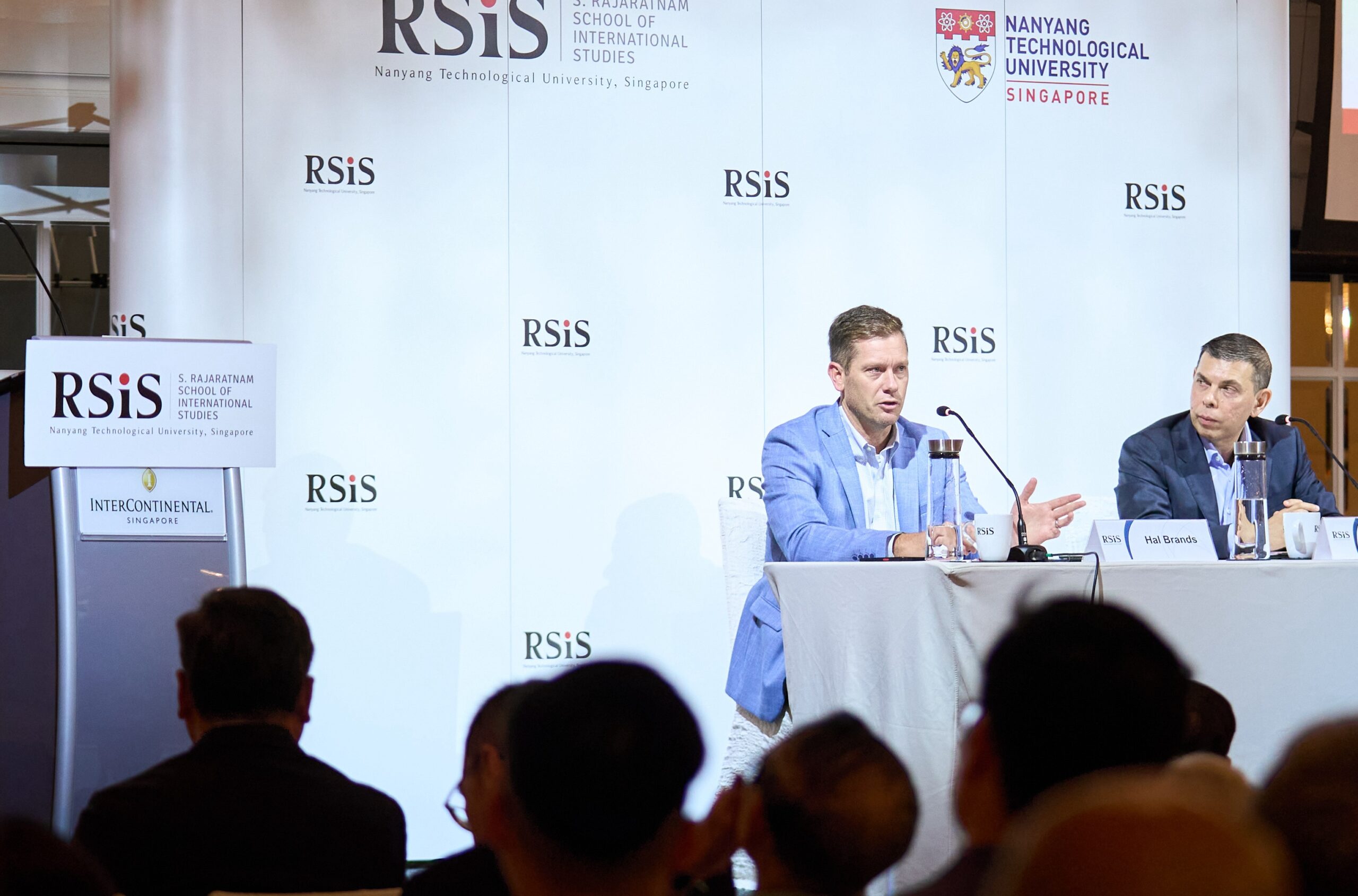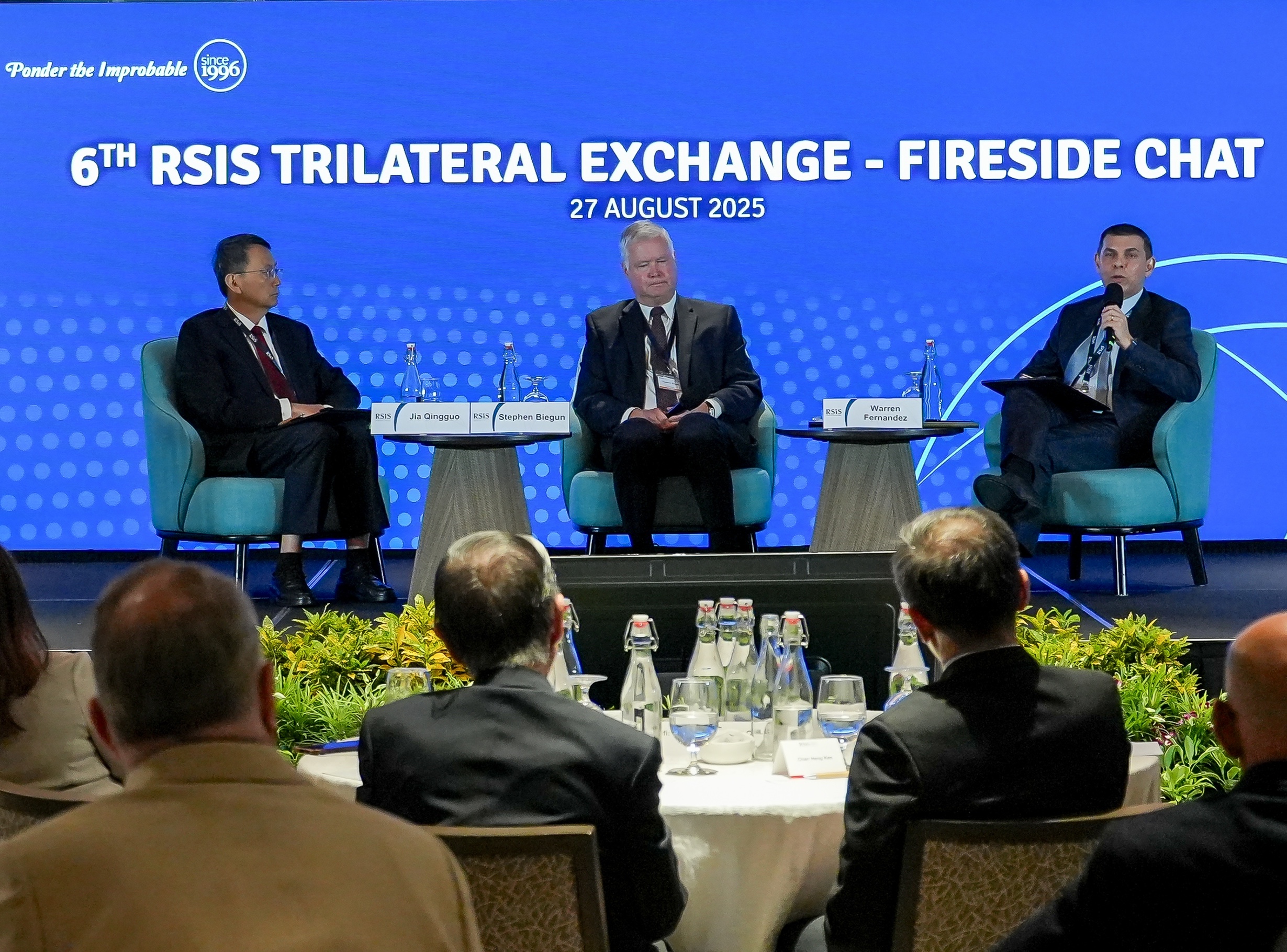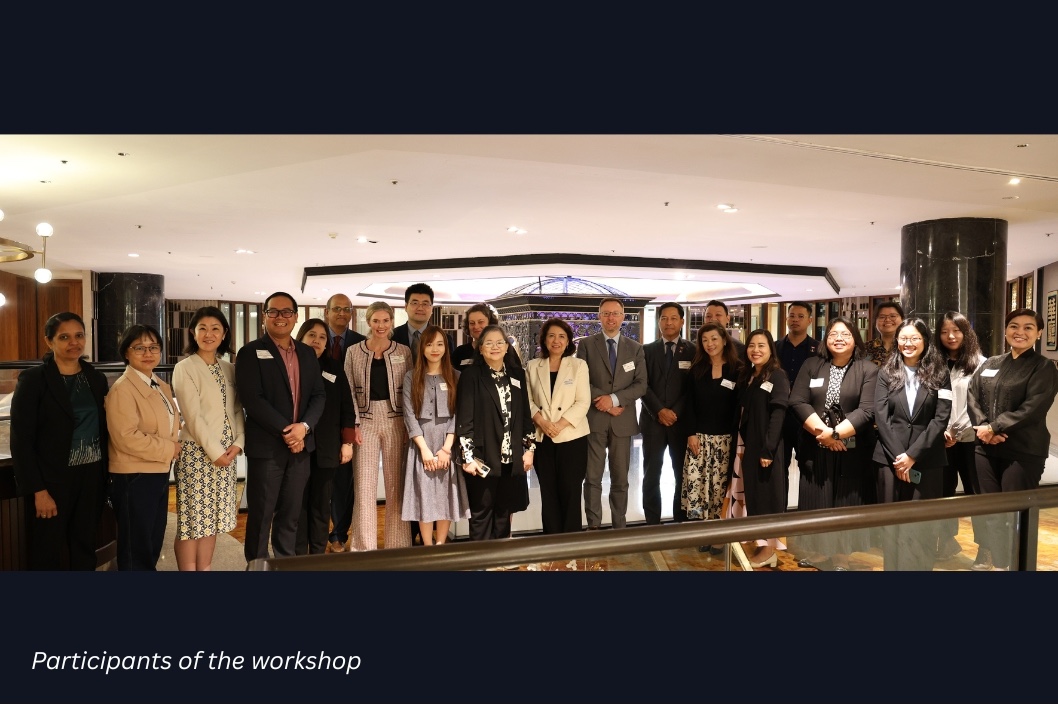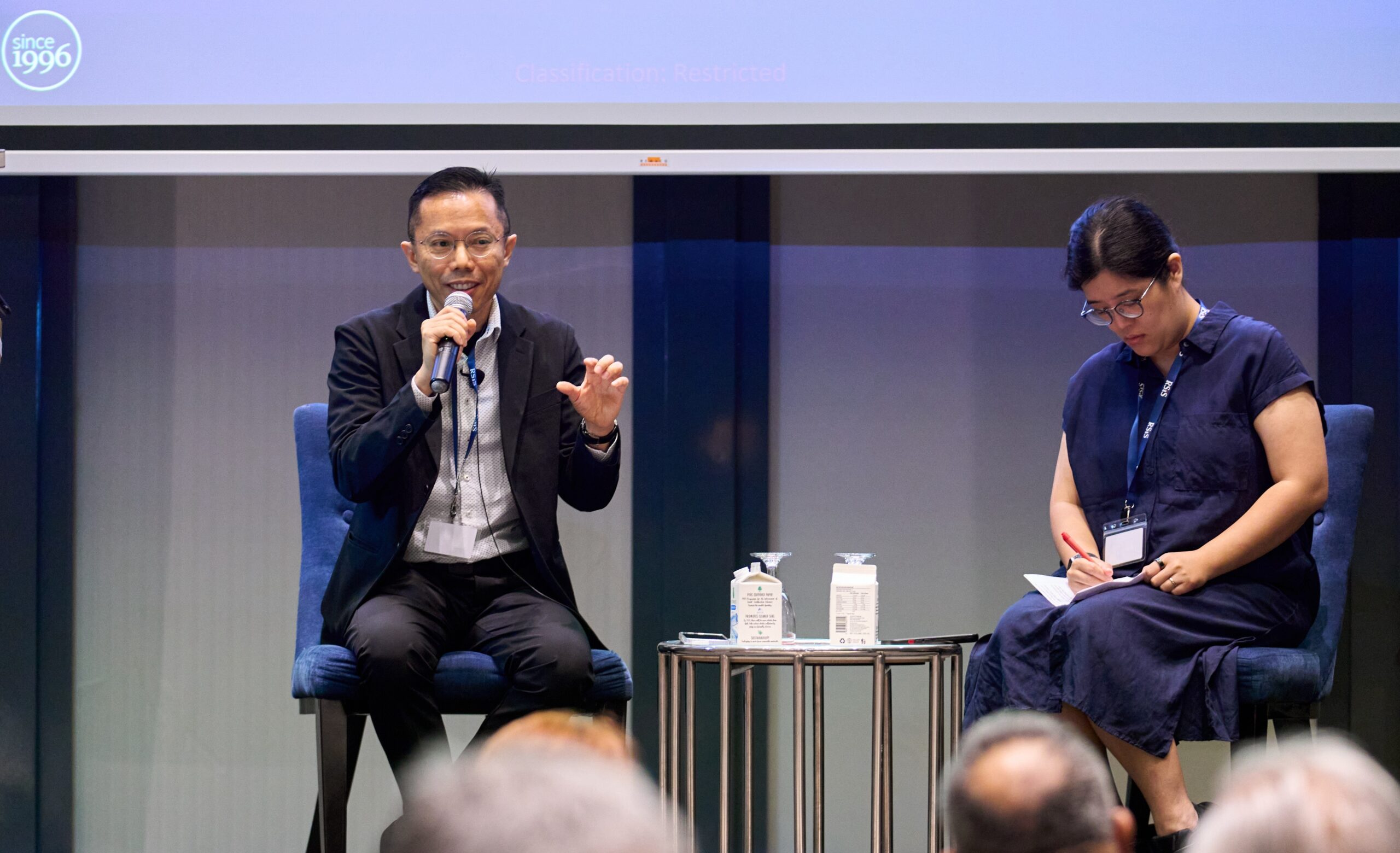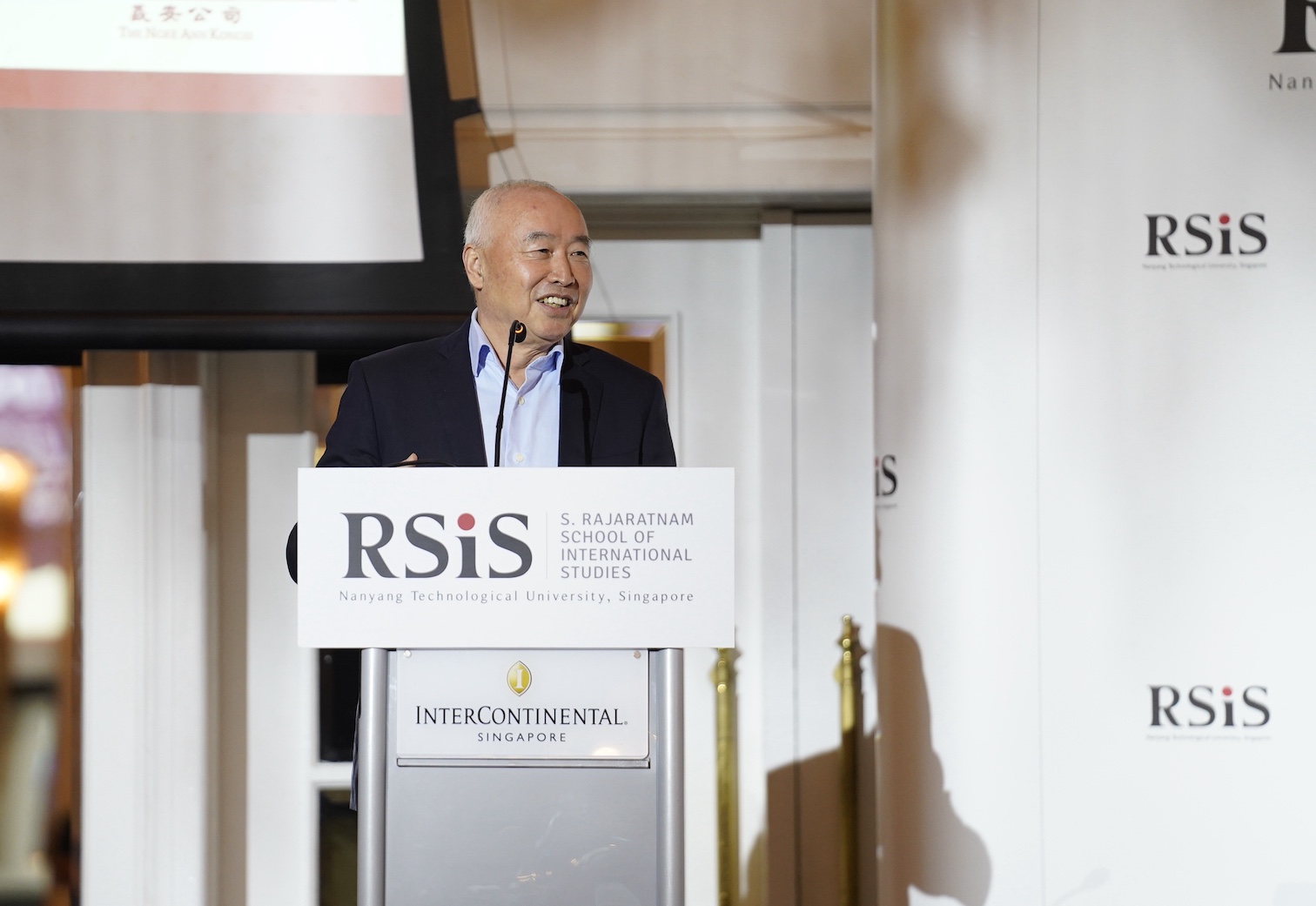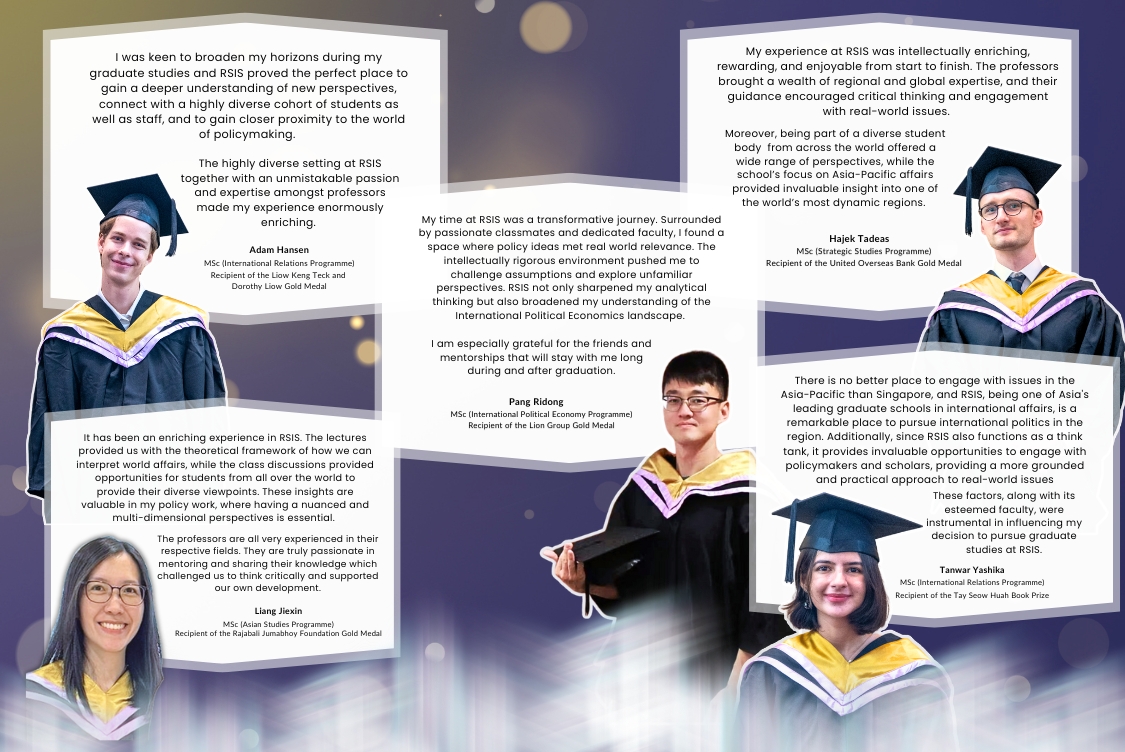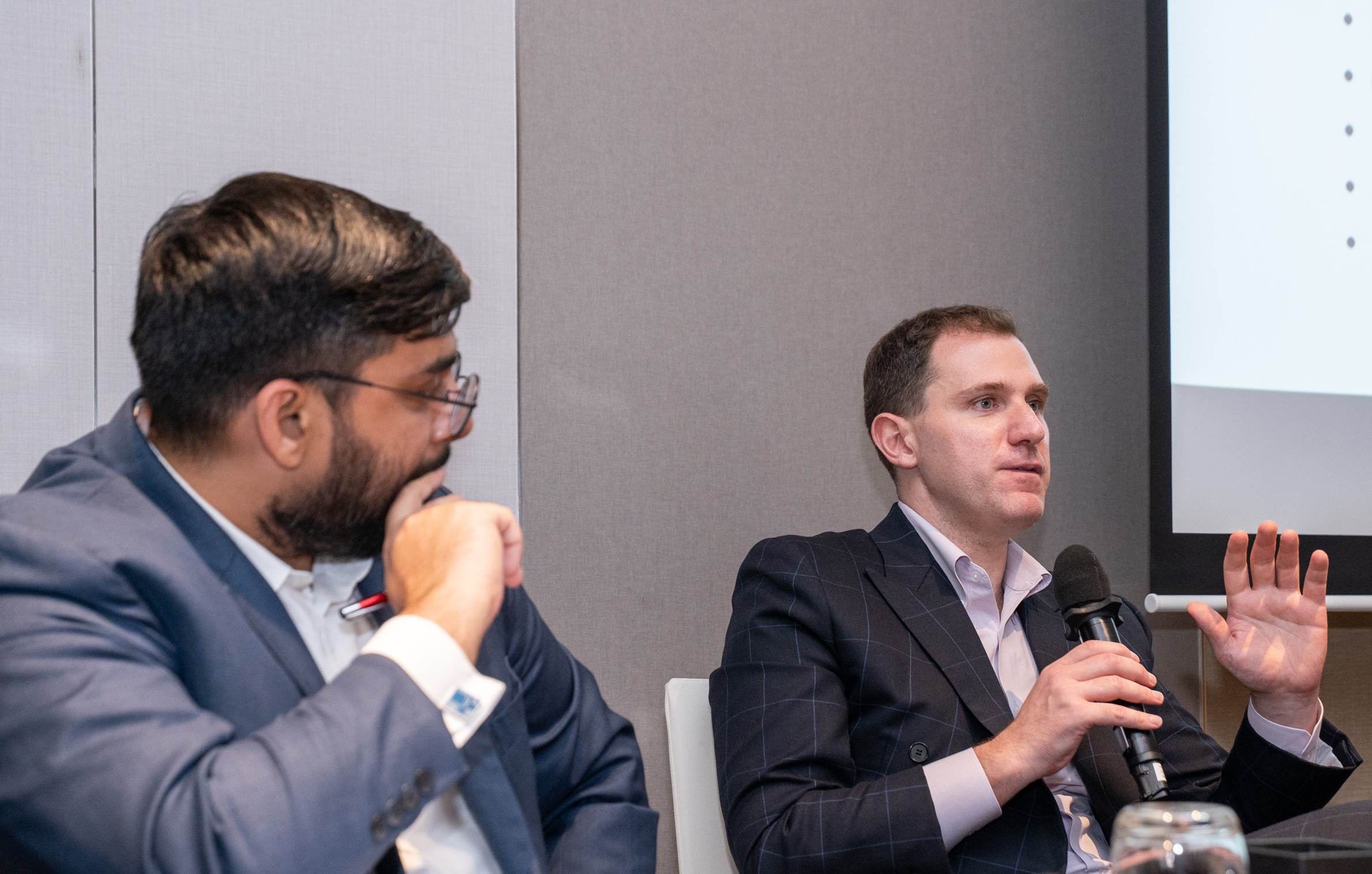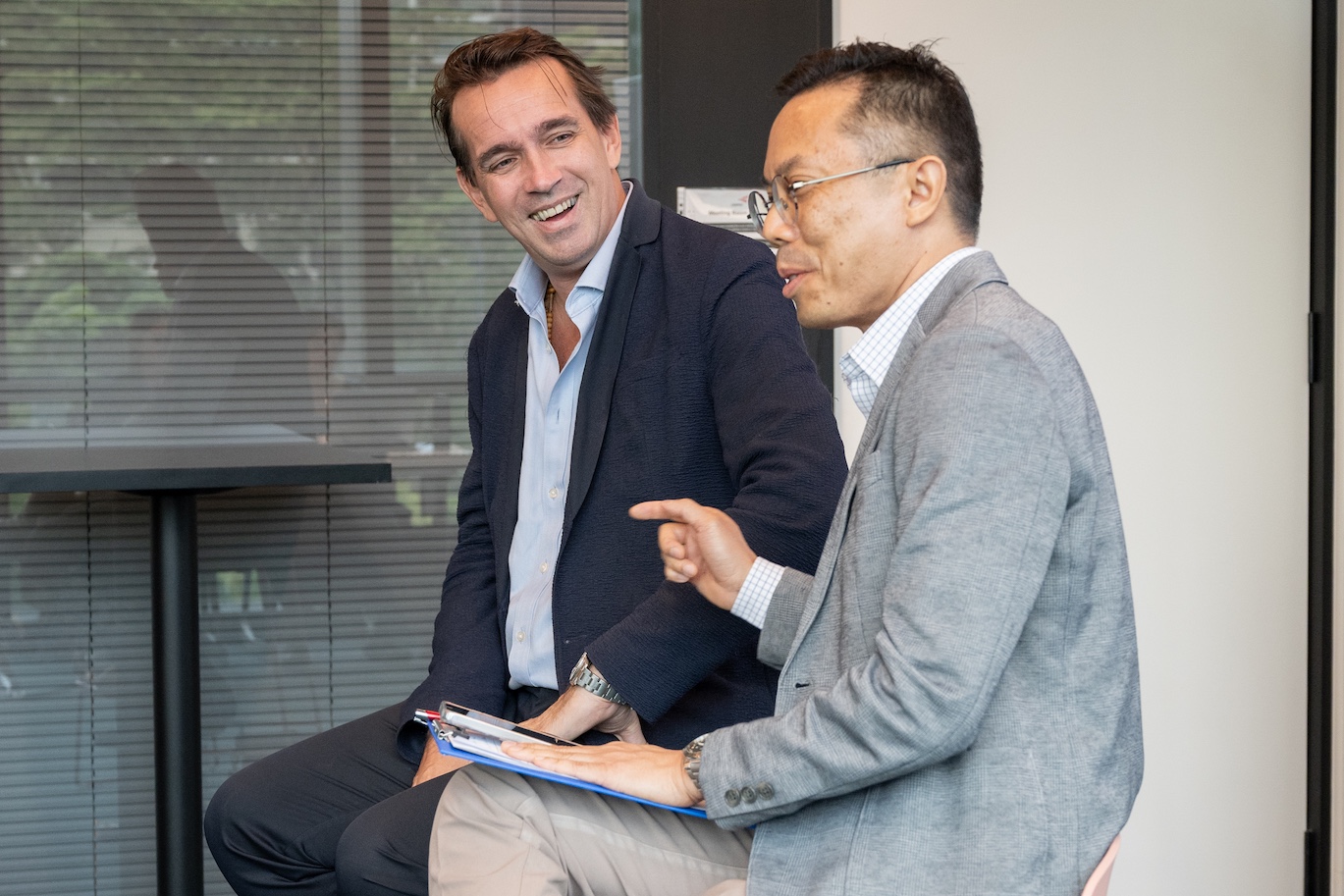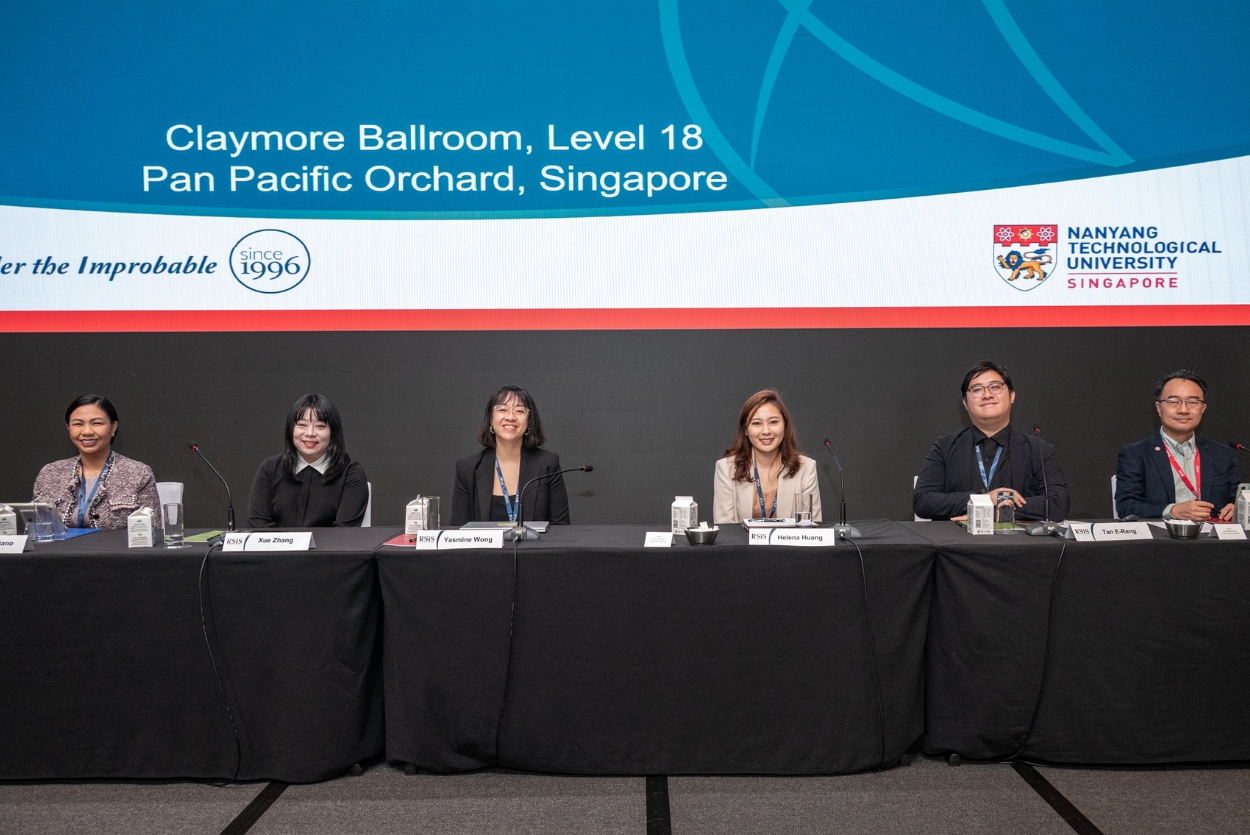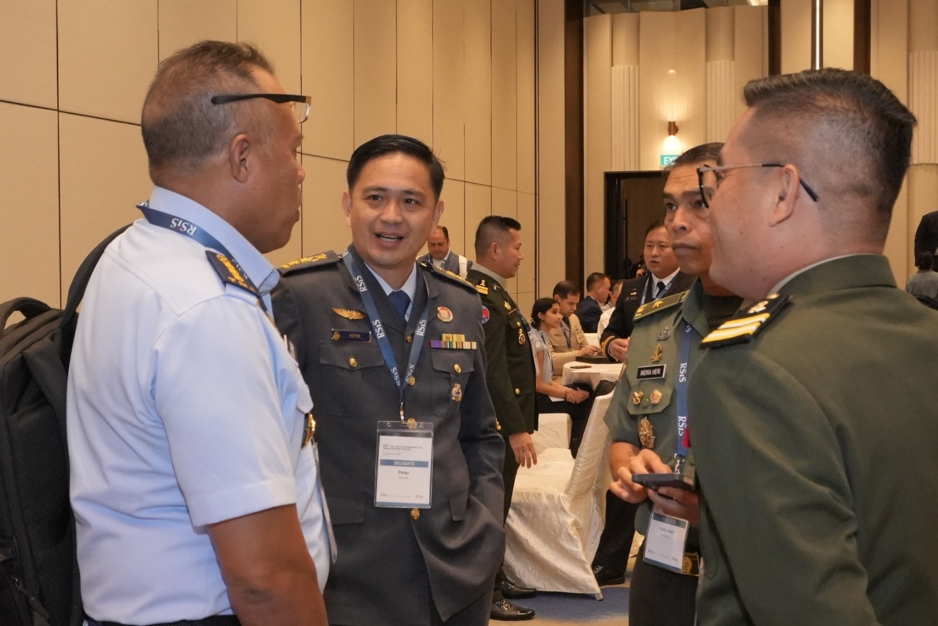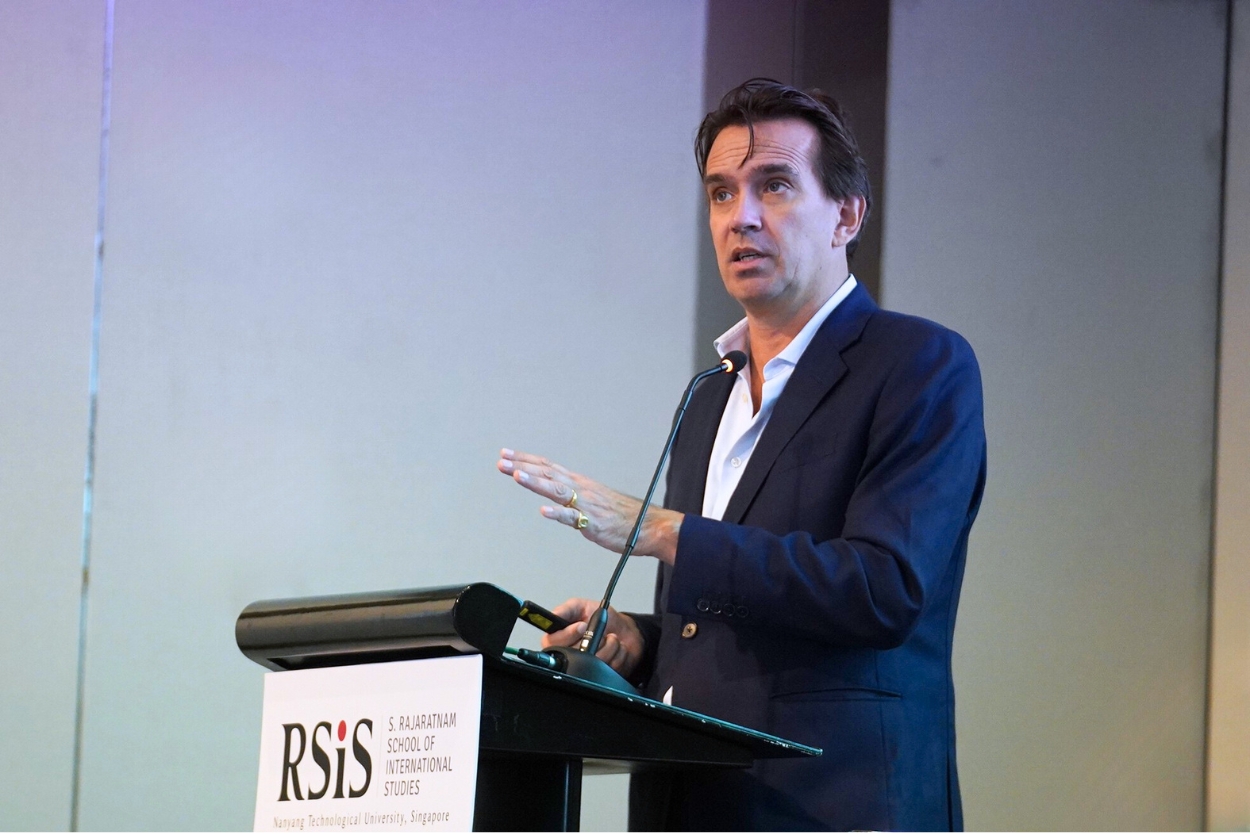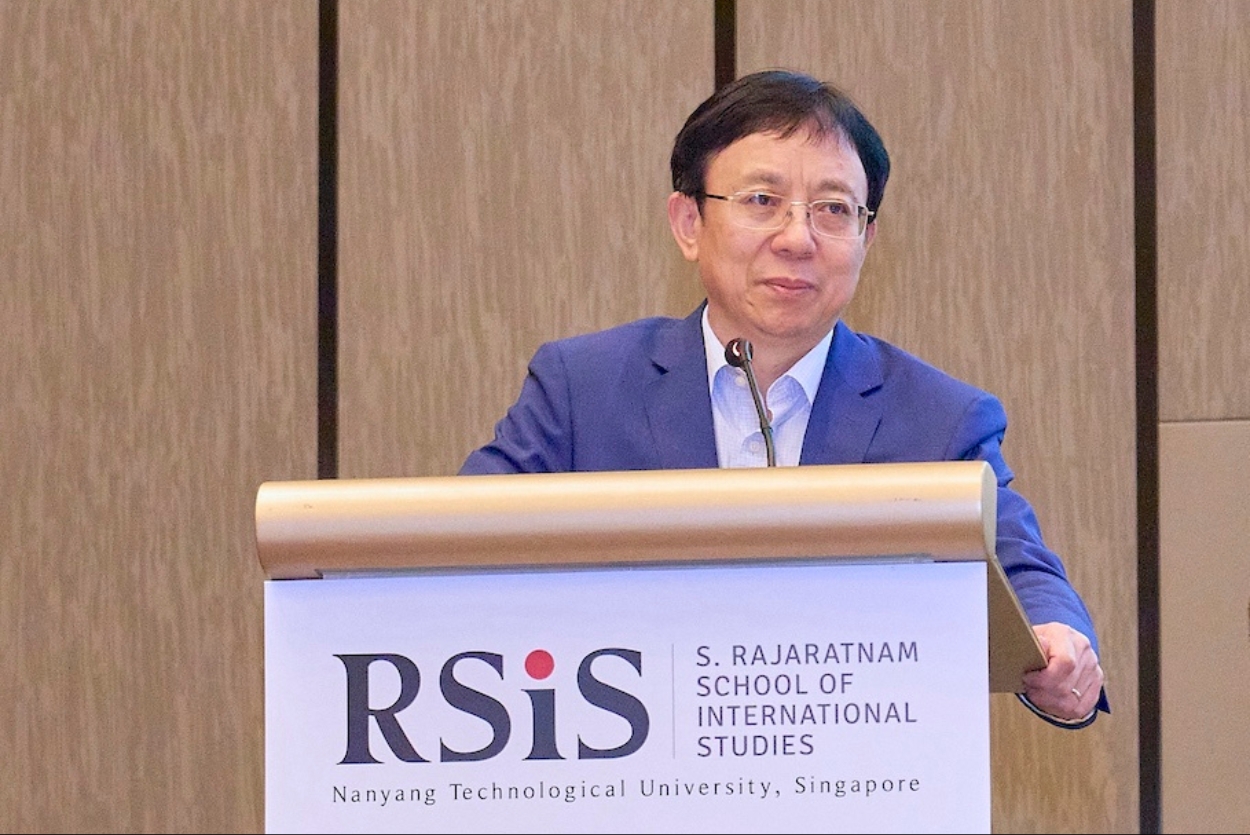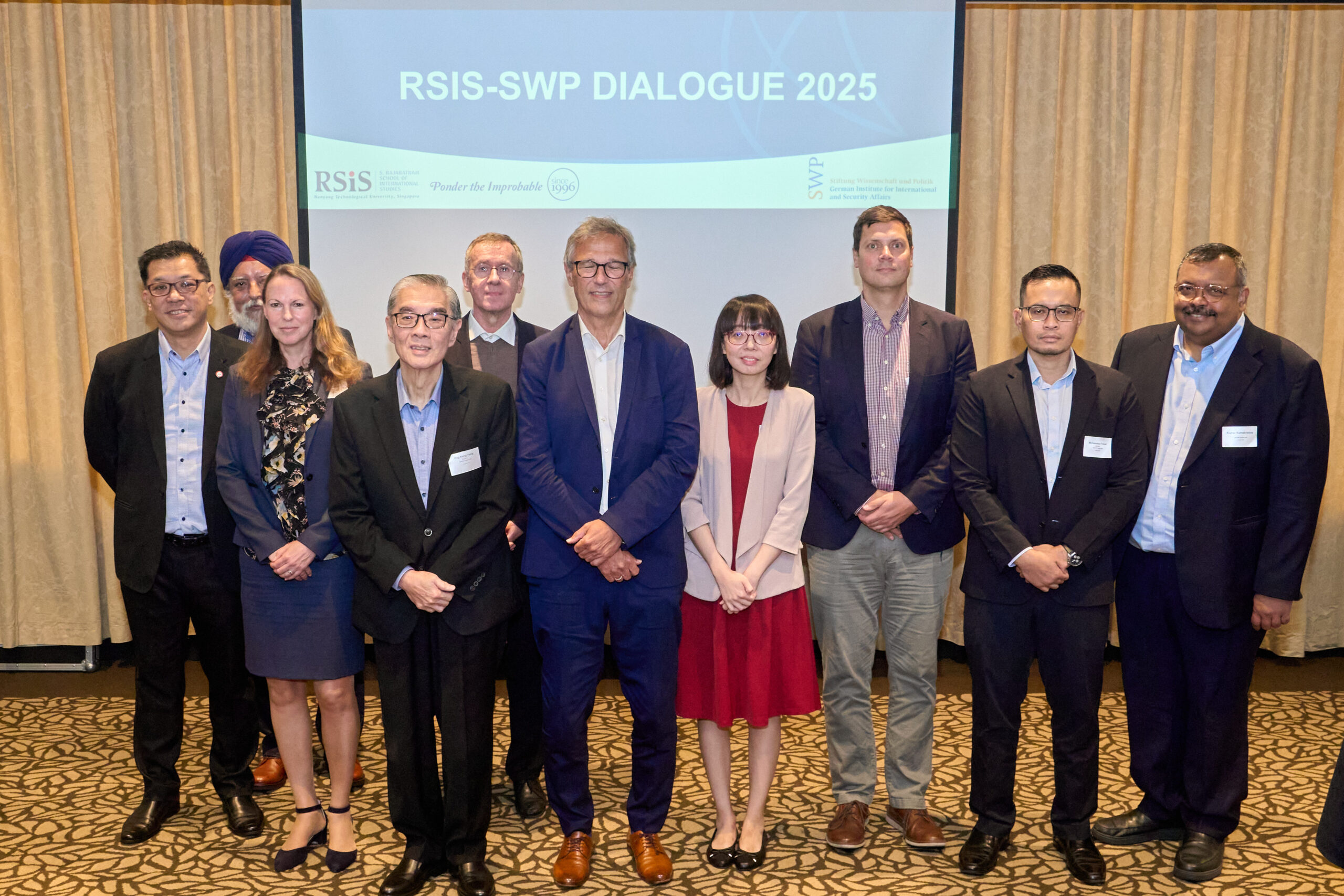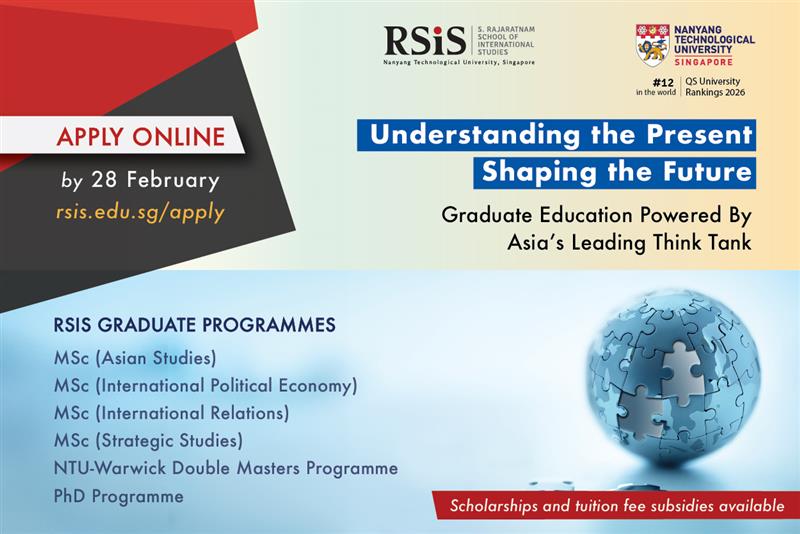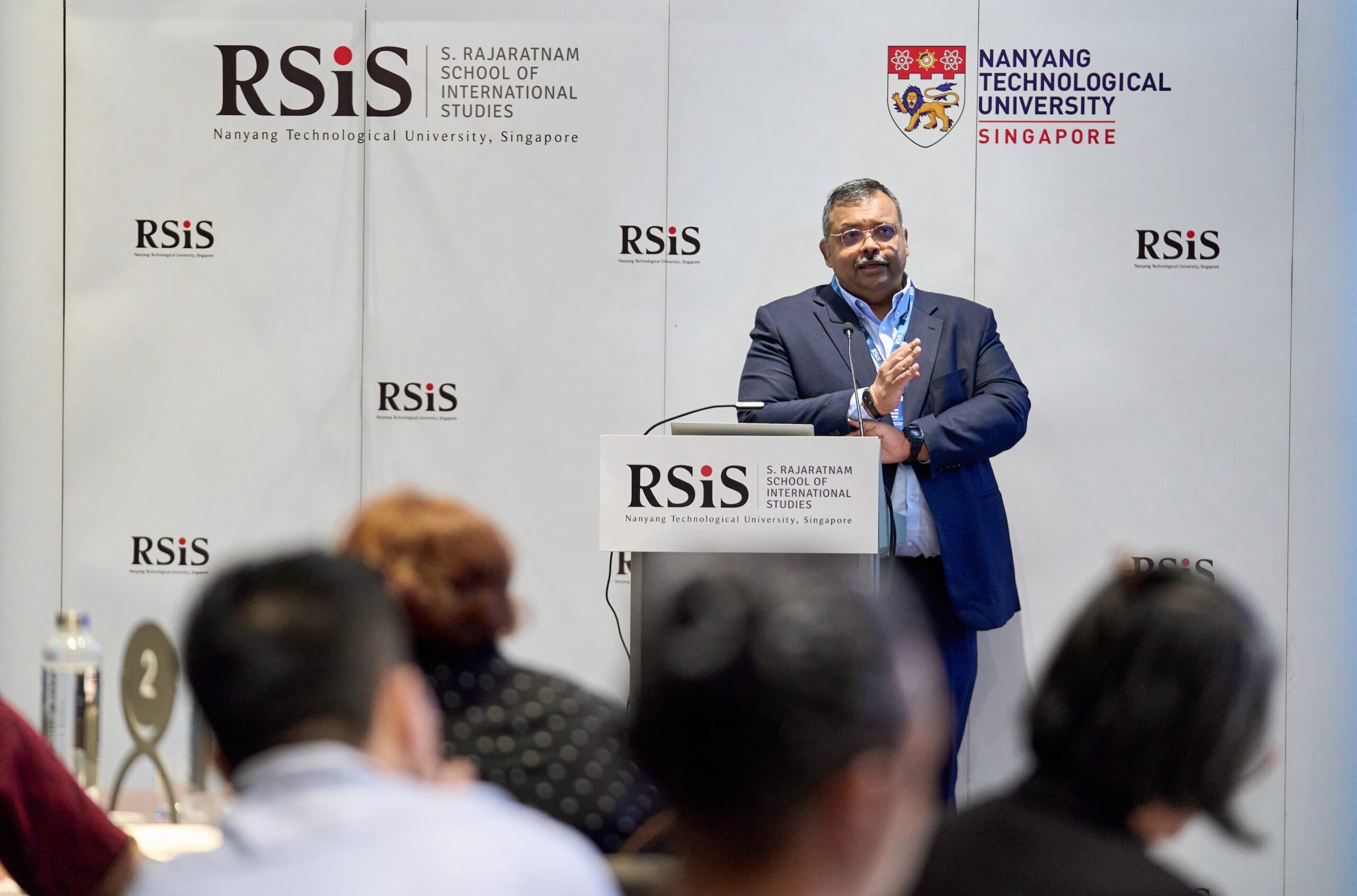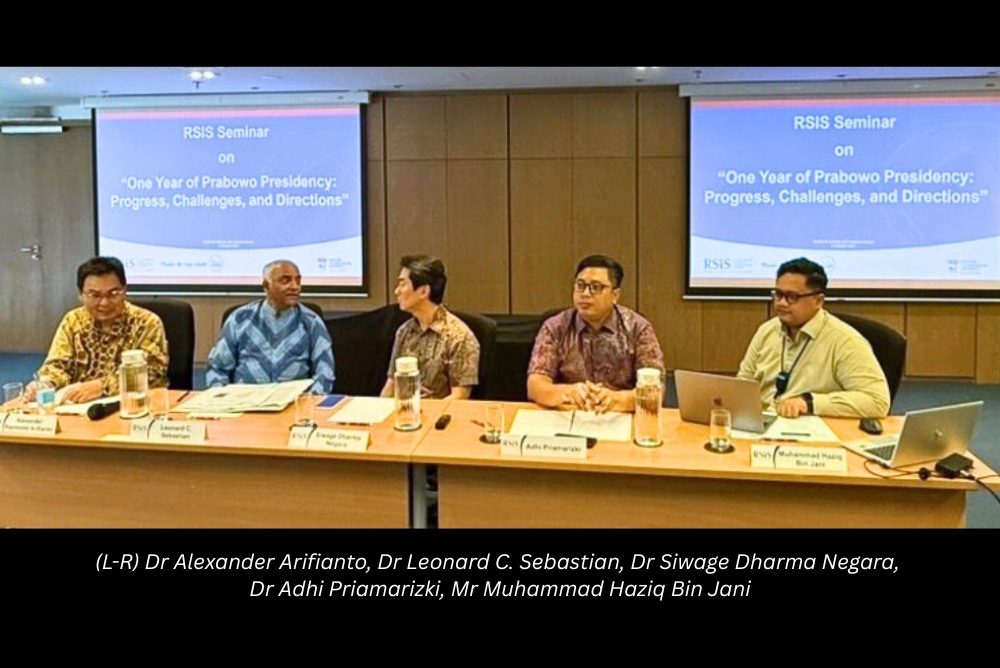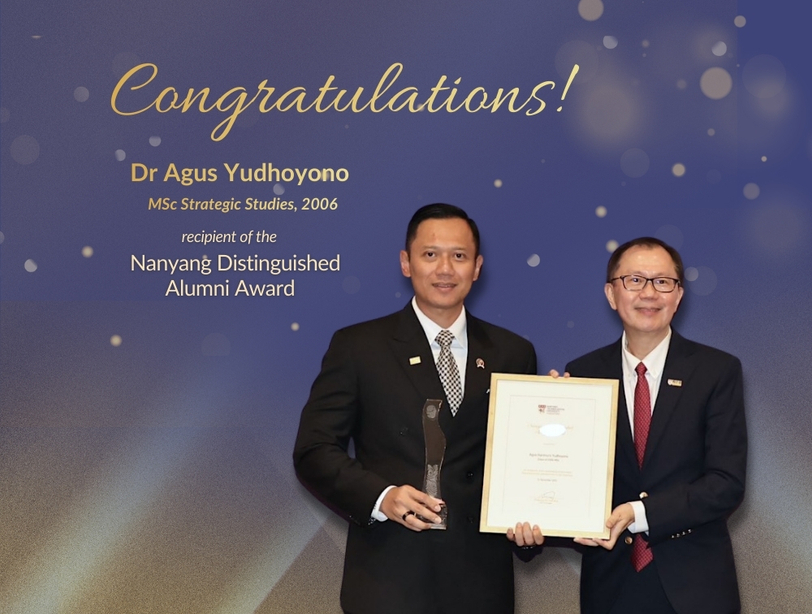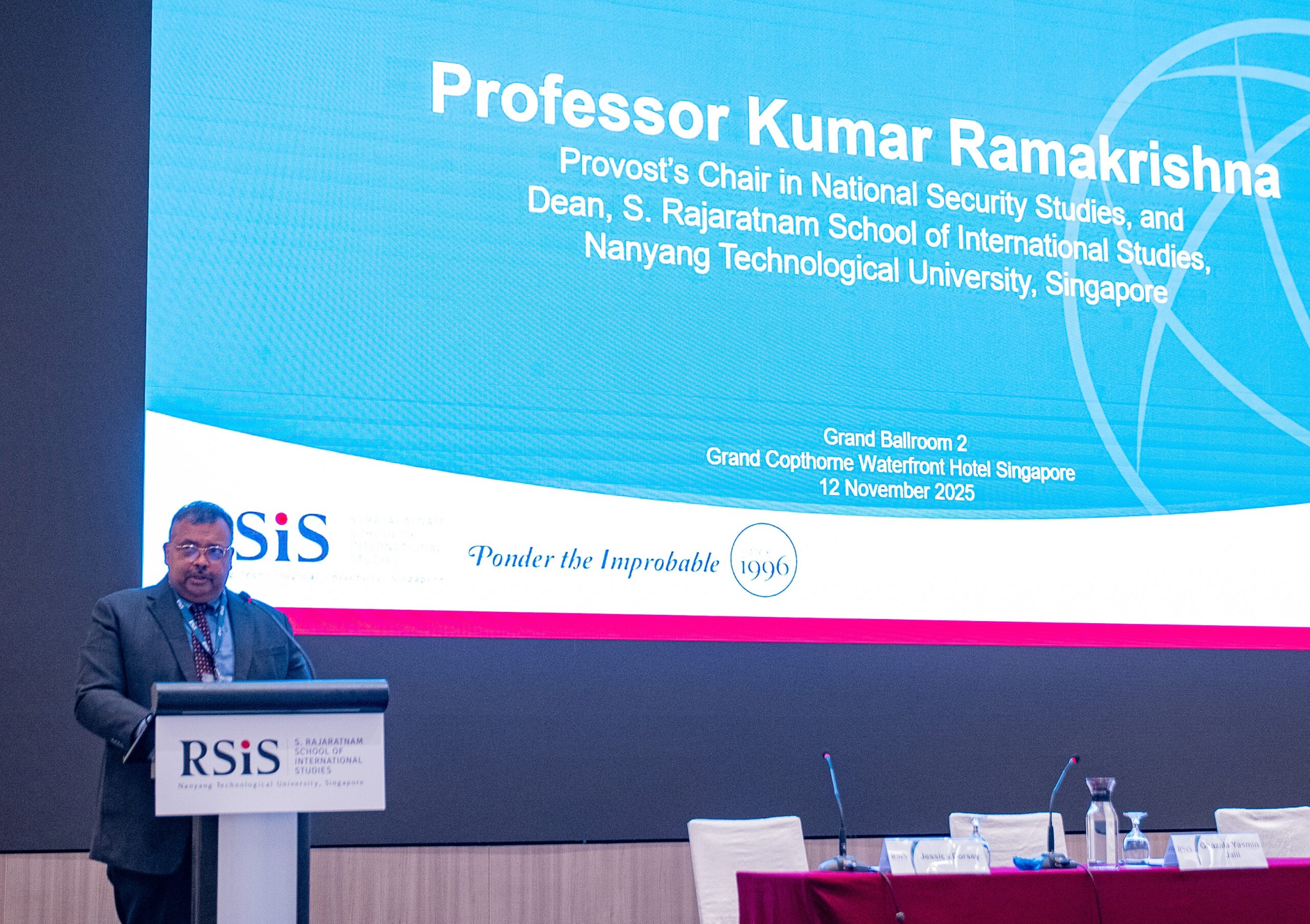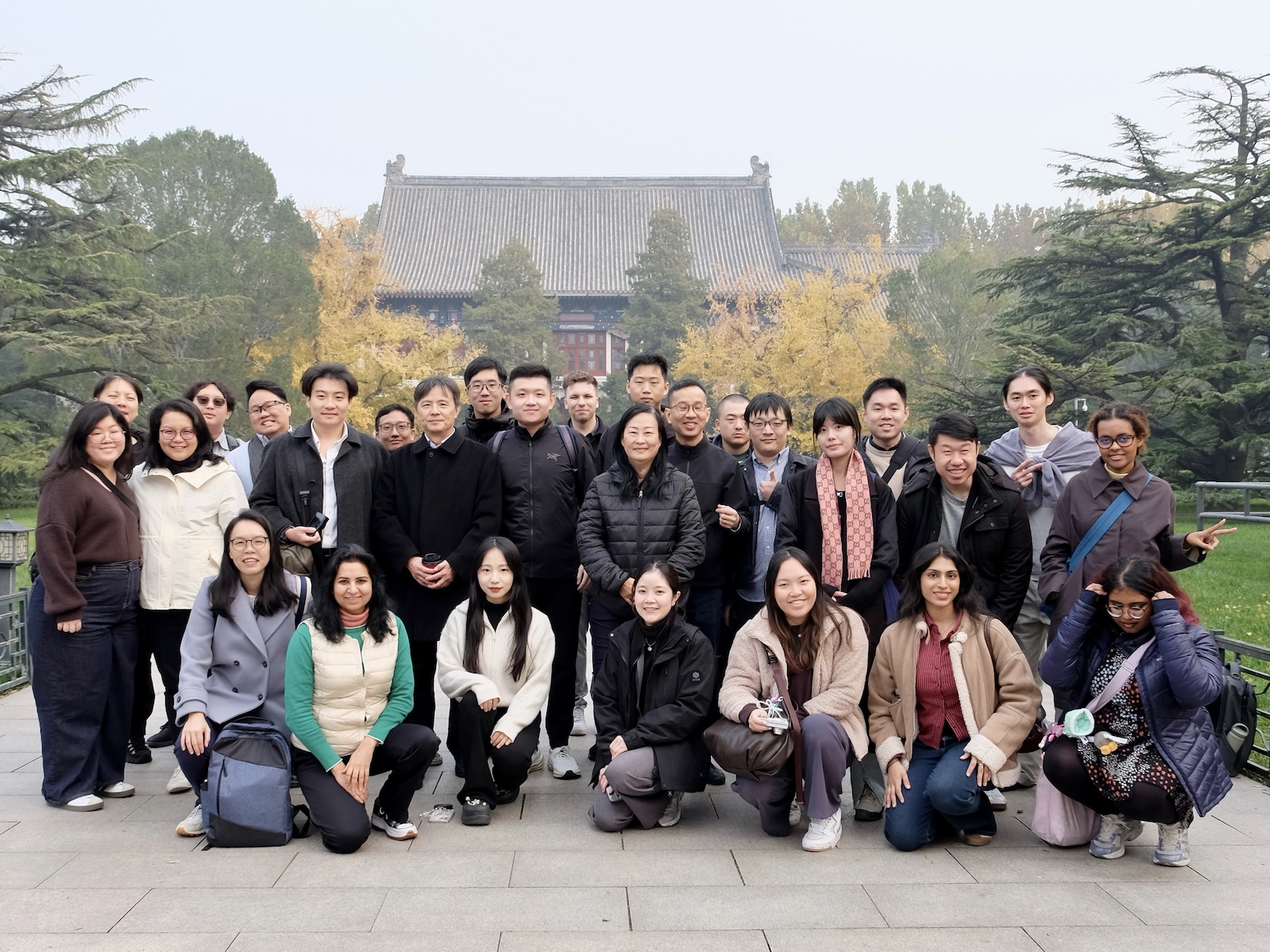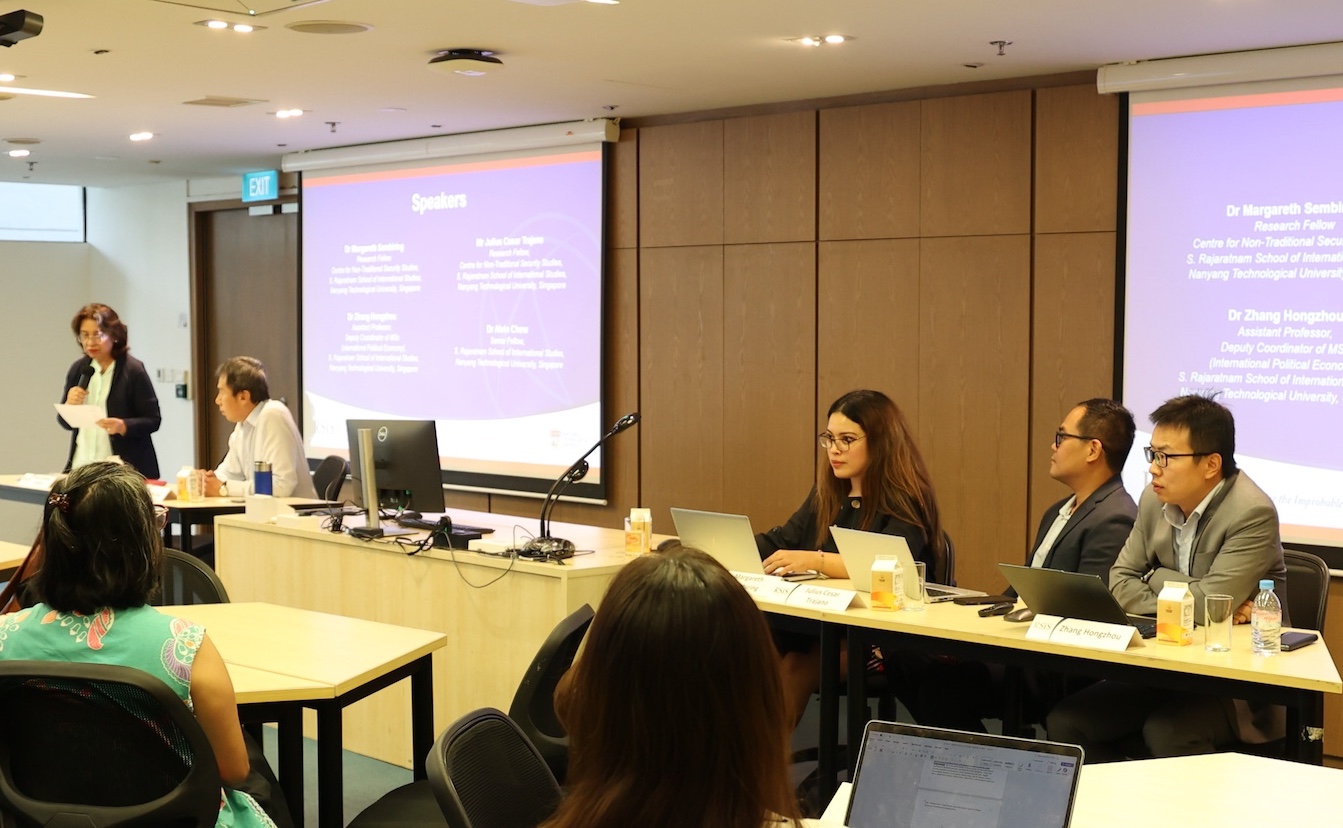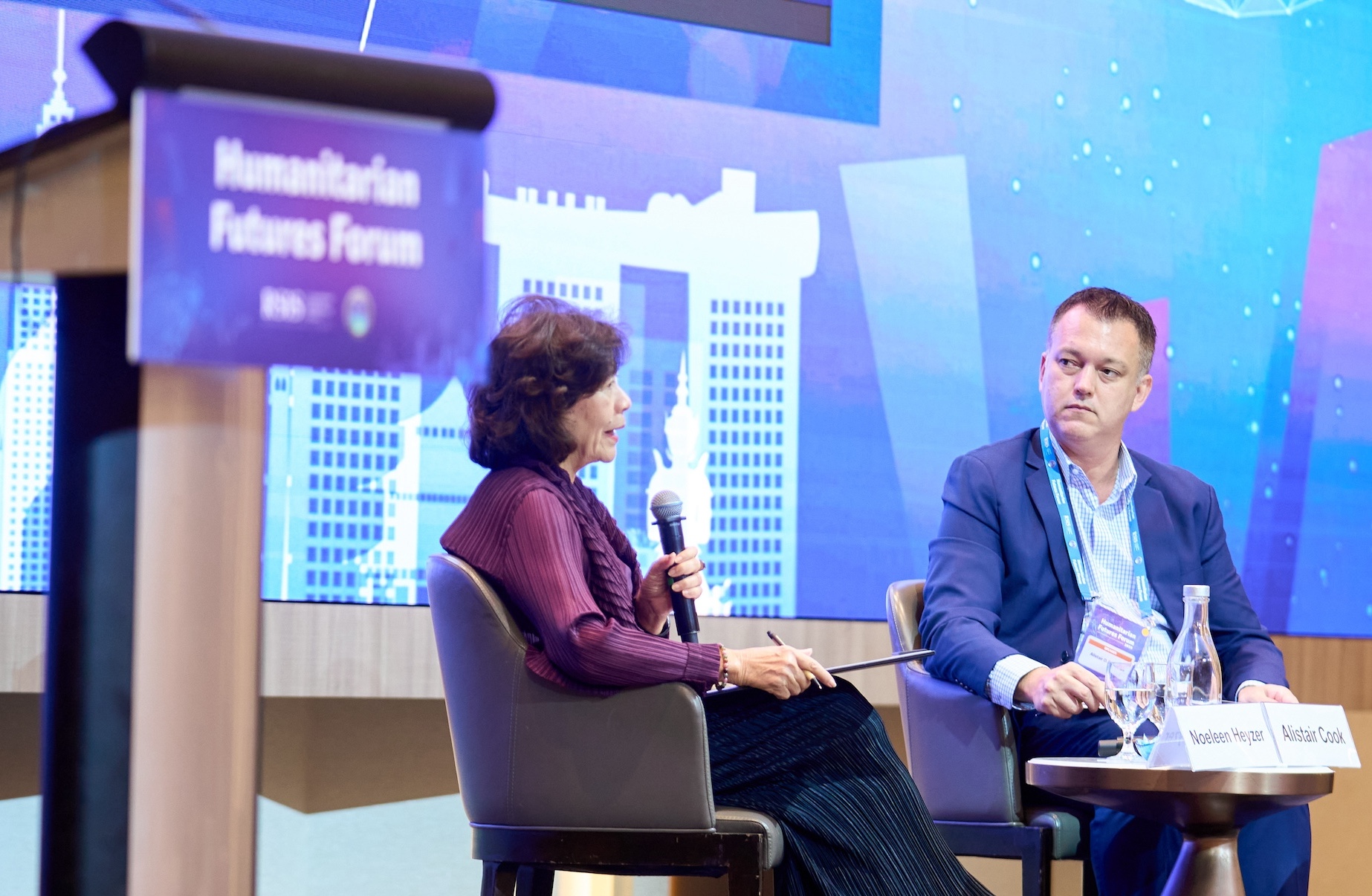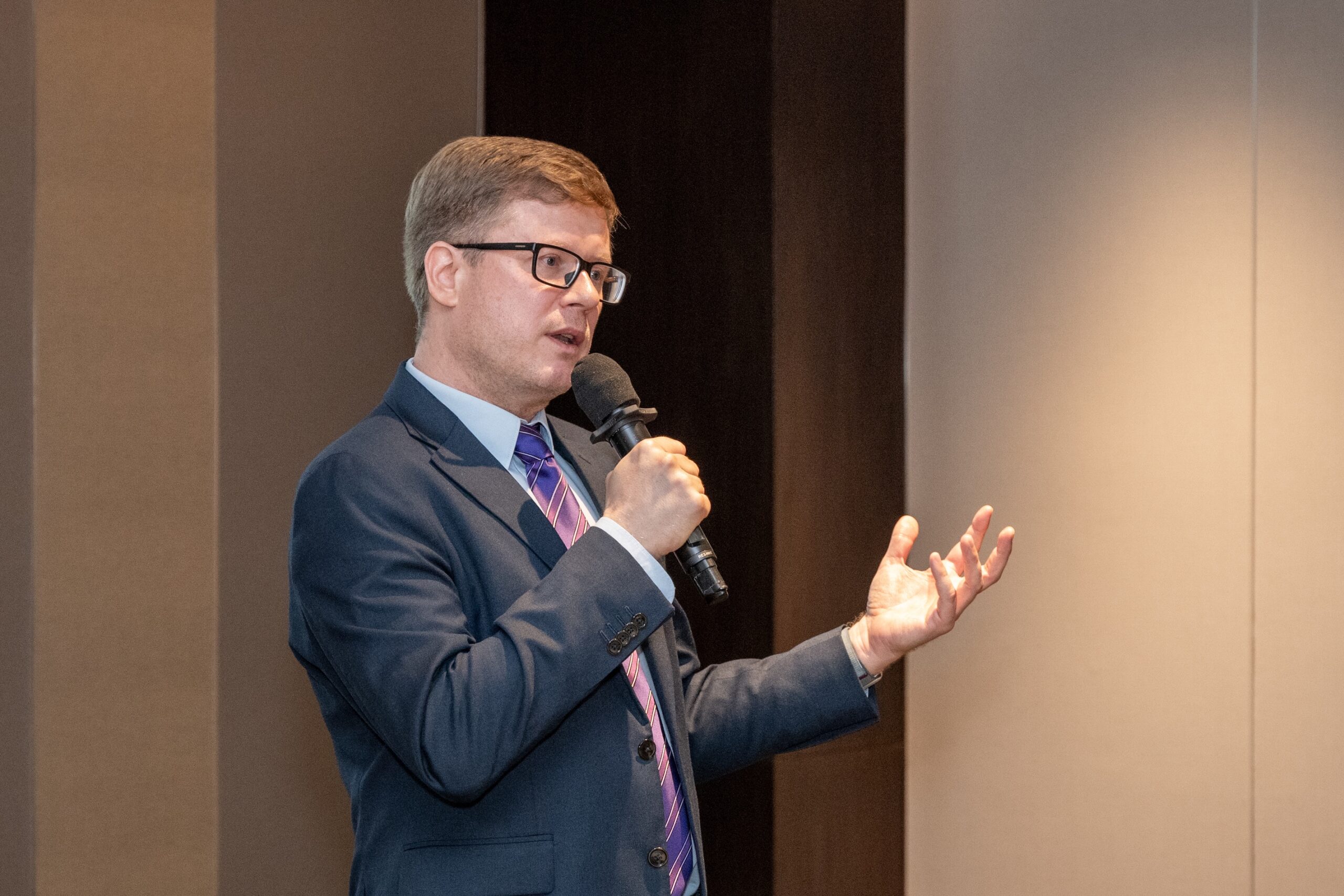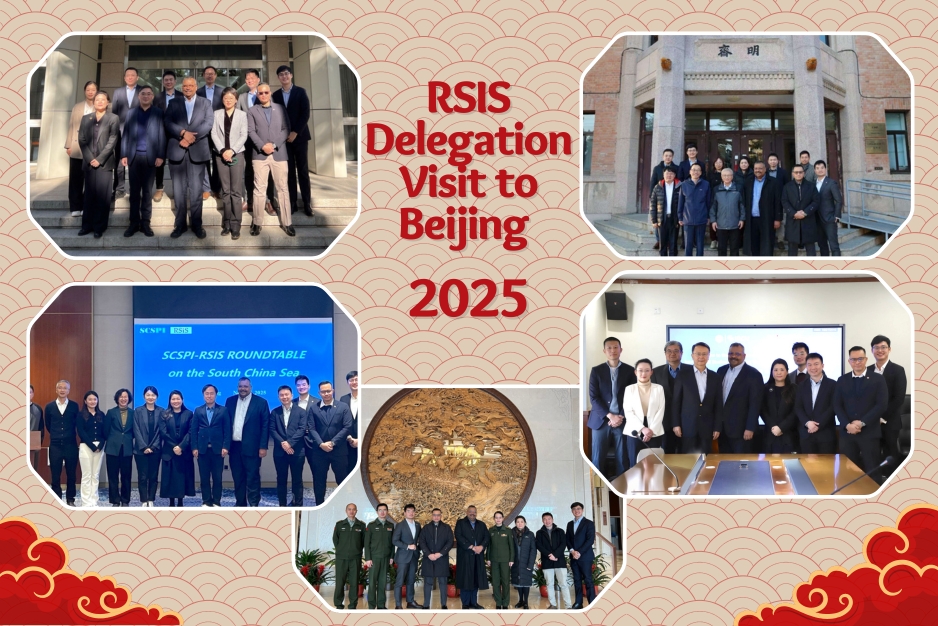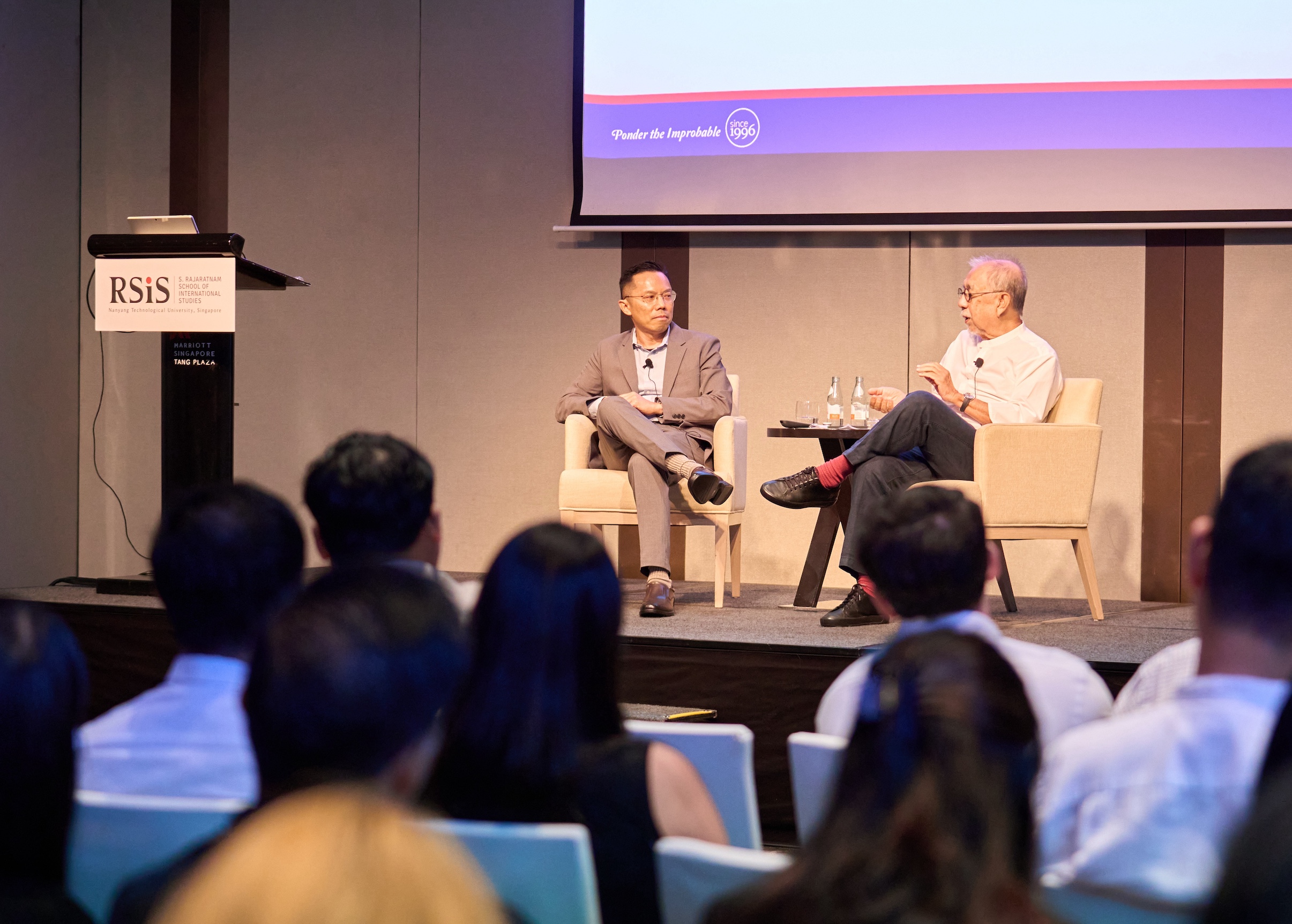
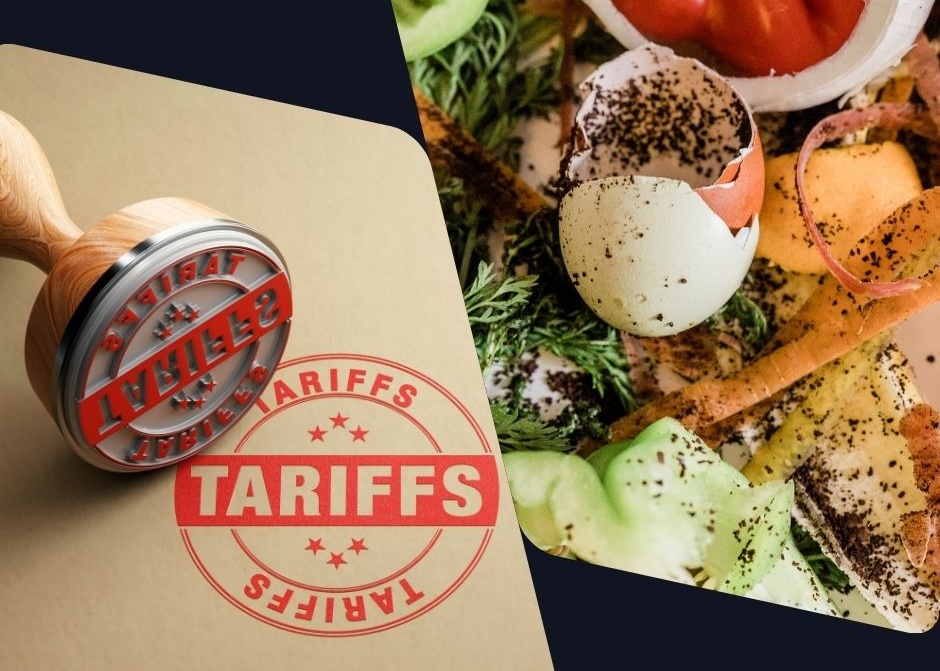
Should the tariff war persist, it was more likely than not to lead to a global food crisis. That was the general view of the audience at a webinar titled “Will the Tariff War Lead to Another Global Food Crisis” on 29 May 2025.
Jointly hosted by RSIS and the ISEAS-Yusof Ishak Institute, the webinar featured international speakers from various institutions to speak on the topic, with a focus on Southeast Asia and ASEAN food security. The event was co-chaired by Dr Jose Ma. Luis Montesclaros, Research Fellow and Food Security Programme Lead at the Centre for Non-Traditional Security Studies (NTS Centre), RSIS; alongside Ms Elyssa Kaur Ludher, who conducts food policy research as a Visiting Fellow with the ISEAS-Yusof Ishak Institute’s Climate Change for Southeast Asia Programme.
Mr Abdullah Mamun, MsC, Senior Research Analyst in the Markets, Trade and Institutions Unit of the International Food Policy Research Institute, Washington D.C.; started the discussion by highlighting the specific trade diversions that might take place as a result of the tariff war and how full self-sufficiency remains challenging in a globalised economy, touching on Southeast Asia as well as the broader East Asian region.
Dr César A. Hidalgo, who is Professor in the Toulouse School of Economics’ Department of Social and Behavioural Sciences and who co-developed the Observatory of Economic Complexity’s Tariff Simulator, introduced the relevance of the framework of economic complexity in understanding the how tariffs can disrupt integrated supply chains.
Dr Paul S Teng, Adjunct Senior Fellow with the NTS Centre at RSIS, discussed the implications for Southeast Asia’s smallholder farms and markets and highlighted the need for a regional strategy to enhance export resilience, offering recommendations such as boosting intra-ASEAN trade and investing in agri-tech.
Finally, Ms Genevieve Donnellon-May, Nonresident Vasey Fellow with the Pacific Forum and Researcher with the Oxford Global Society, as discussant, highlighted the volatility of tariffs and their wide-ranging impact on Asia, emphasising the need for scenario planning, export diversification, and regional cooperation to build export resilience.
Collectively, the presentations by the various speakers in the webinar provided valuable insights into the complex interlinkages between trade policy and food security, affirming the need for greater regional coordination and strategic investment among ASEAN member states to enhance food supply resilience in the face of the ongoing tariff war.
Watch the webinar here:




